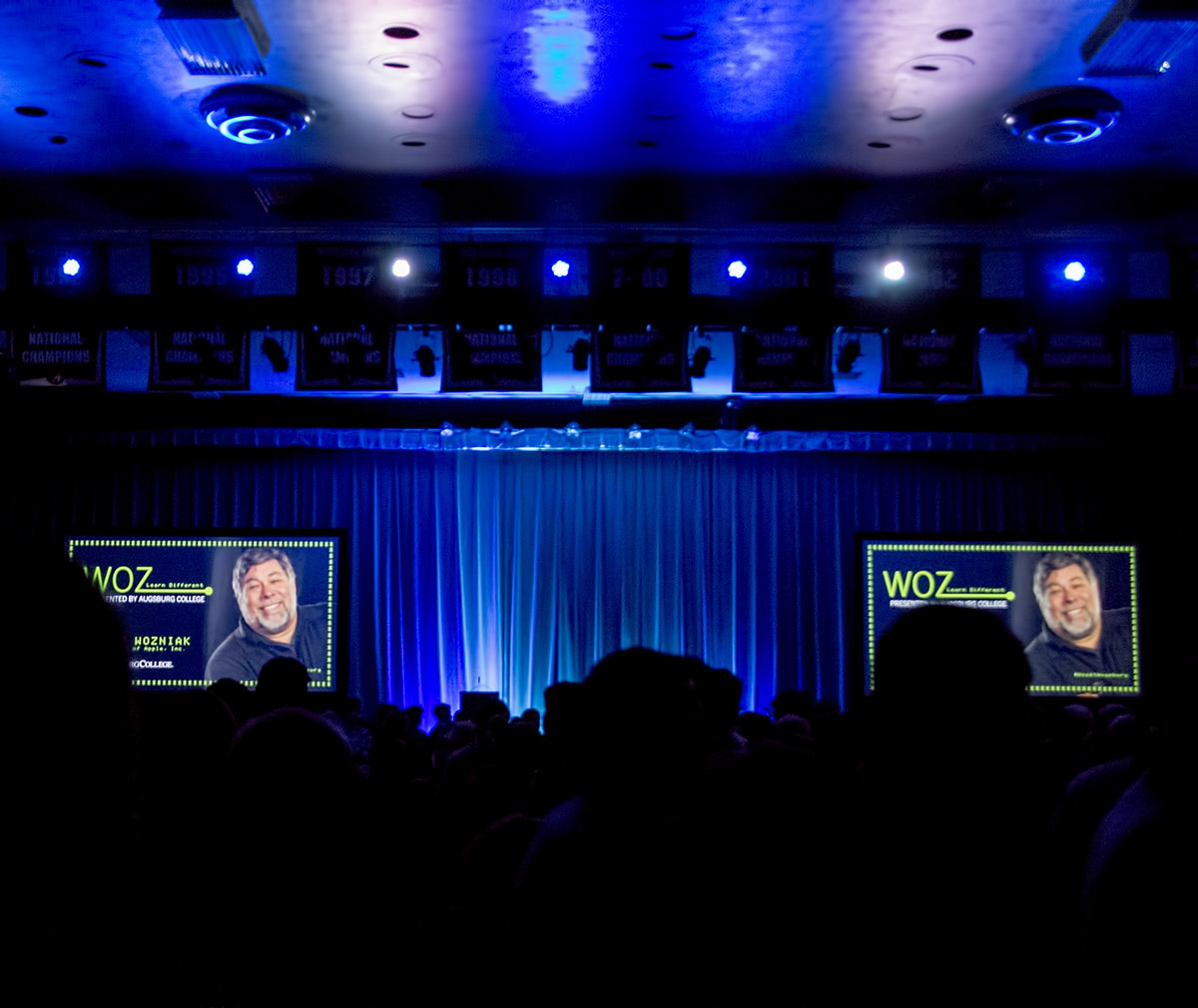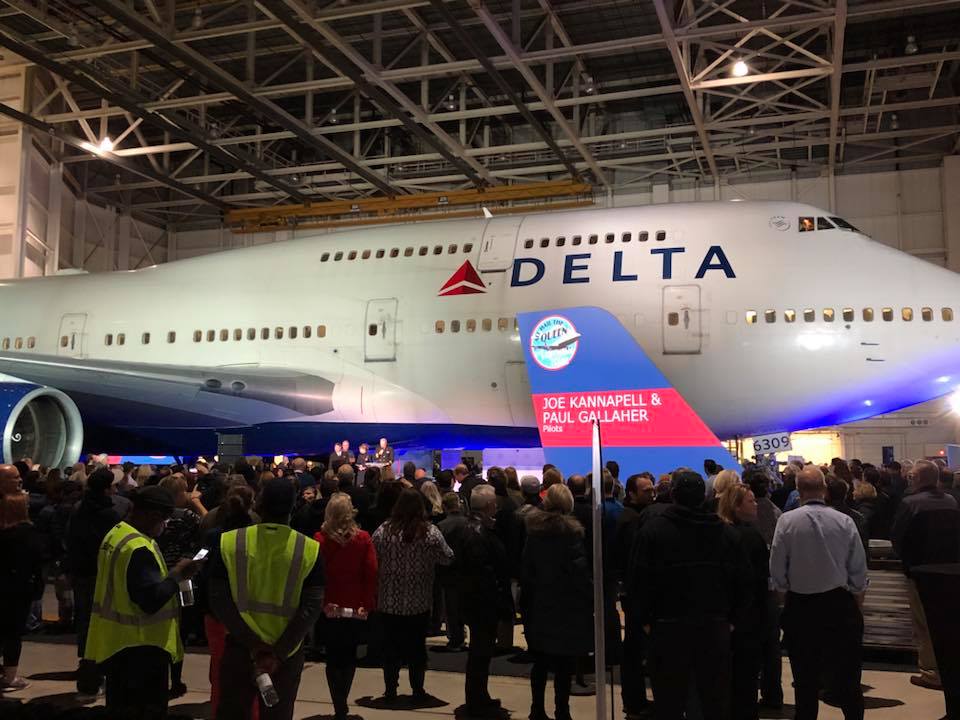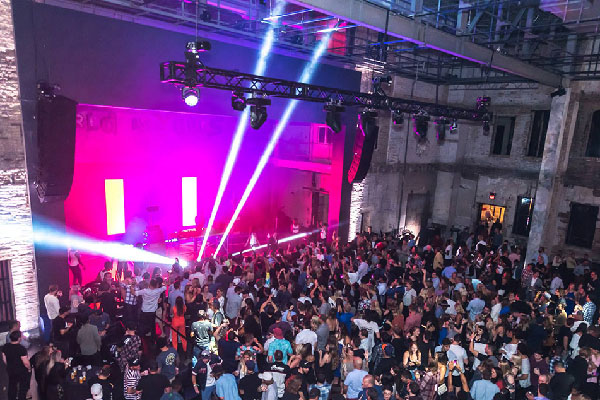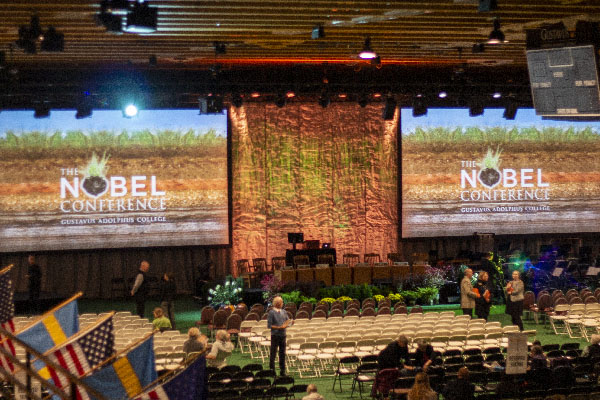If you missed Global Meetings Industry Day presented by Meeting Professionals International (MPI), have no fear, we did the heavy lifting for you! Some of the most asked questions by event planners were answered by experts in the audio/visual production field. Get ready to uncover the secrets to crafting a collaborative journey with your AV partner that will leave you stress-free and your attendees buzzing with excitement!
What Should Be in an RFP? What Should a Planner Ask Up Front?
When drafting your Request for Proposal (RFP), arm yourself with the essentials:
- Dates: Lock in those crucial dates to ensure availability.
- Venue Info: Provide detailed venue information for seamless integration.
- Site Survey: A thorough site survey lays the groundwork for flawless execution.
- Production Schedule: A good production schedule keeps everyone on track.
- Room Names/Specs: Know your spaces inside out for optimal setup.
- Previous Event Images: Visual cues help set the production bar and align expectations.
Explaining Your Needs: Making Quoting Easier
Clear communication is key. Articulate your needs upfront to streamline the quoting process. Don’t shy away from detailing your requirements — it’s the roadmap to success!
Navigating Rising Costs: Feeling the Budget Pinch? Fear Not!
Collaboration is Key:
Start by seeking multiple bids for competitive pricing. Let the AV wizards work their magic by quoting to your specs, but don’t stop there! Engage in a conversation to explore possibilities and fine-tune the details. Remember, the devil is in the specifics, and quotes may evolve based on your discussions.
Tap into Expertise:
Leverage the wealth of experience AV companies bring to the table. They’re not just there to set up equipment — they’re your partners in creating impactful experiences. Trust them to recommend cost-effective alternatives without sacrificing quality.
Seek Trusted Partners:
Reach out to vetted AV partners who understand your vision and budget constraints. They’re not just vendors — they’re collaborators dedicated to bringing your event to life. Together, you can find creative solutions to maximize impact while keeping costs in check. For example, LED is great and super trendy, but projection may be just as impactful for a lot less budget.
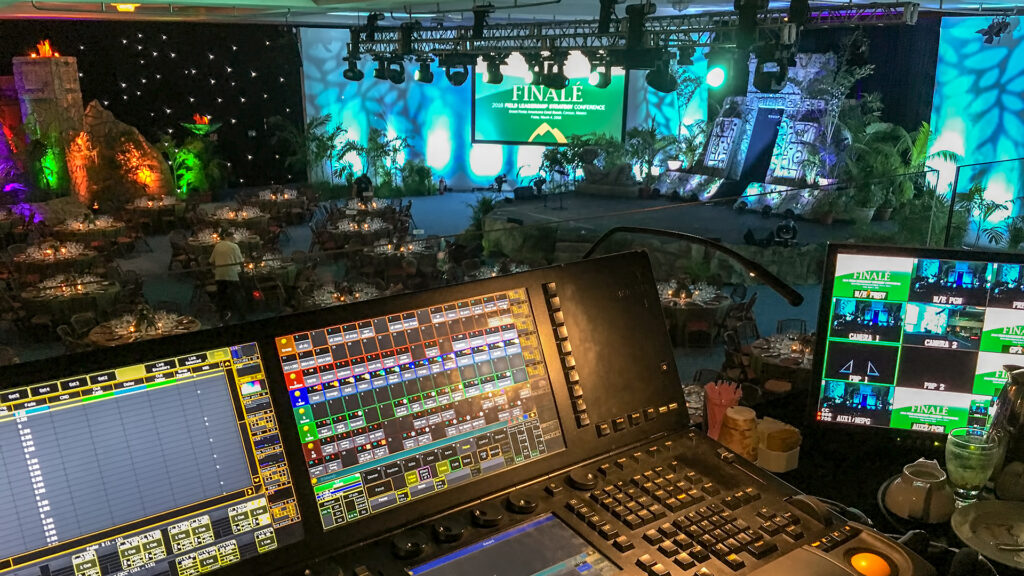
Load In/Out Logistics: Timing Is Everything
Show Complexity and Technology
Load in/out timelines are as unique as your event itself. The more intricate the show and the tech involved, the more time it might take to set up and tear down. It’s like a finely choreographed dance where every move counts.
Venue Constraints
Ah, the venue — our beloved partner and occasional timekeeper. Sometimes, they throw us curve balls with strict load in/out windows. Flexibility is key, and sometimes, we’ve got to work around their schedule.
Preparation vs. Reality
While we’d love to prep everything in the warehouse and whisk it into place effortlessly, reality bites. Some things just can’t be prepared beforehand, and that’s okay. We’ll adapt and conquer!
Efficiency vs. Bodies
Here’s the scoop: More bodies don’t always mean faster load in/out. It’s not about quantity—it’s about quality. Each member of the team plays a crucial role, and too many cooks can spoil the broth.
Trust the Pros
Your AV provider knows the drill. Trust them to estimate the time they need for setup and teardown. They’ll make every second count to ensure your event shines bright like a diamond.
Staging: Sooner the Better
Early bird gets the worm, right? Staging equipment as soon as possible gives us a head start and ensures a smoother setup process. Plus, it saves us from duking it out with catering for elevator rights — nobody wants that showdown!
Dedicated Outside AV Providers vs. In-House: The Great Debate
Building client relationships is like building a castle of knowledge for AV providers. In-house focuses solely on that event because chances are, they won’t see those clients again if they move locations. With outside providers, you get experienced folks who’ve seen it all in different markets and travel with you. Plus, there’s the added perk of having the same friendly faces at your events. So, with outside AV providers, you don’t have to reinvent the wheel — it’s more like a joyful ride!
Articulating Your Vision: From Vintage Vibes to Cutting-Edge Cool
Bring your vision to life with references! Pictures and videos speak volumes. Share your inspiration to ignite the creativity of your AV company. Collaboration is key for those out-of-the-box solutions. Just remember, a more advanced setup might come with a higher price tag and longer load in/out times. And hey, sometimes, “vintage” is just what the event calls for, so you don’t have to stray away from good ole projection and pipe and drape!
In Conclusion: Let’s Rock Your AV Experience!
There you have it, folks! Armed with these insider tips and tricks, you’re ready to embark on your A/V adventure with confidence and flair. Whether you’re drafting that RFP like a pro, navigating the budget maze, or orchestrating the perfect load in/out ballet, remember — you’re not alone!
Forge strong partnerships with your A/V wizards, communicate your vision loud and clear, and embrace the journey with open arms. From vintage vibes to cutting-edge cool, your event is poised to dazzle and delight. Here’s to stress-free planning, jaw-dropping productions, and unforgettable experiences. Cheers to your next event being the talk of the town!
See how Heroic Productions can help you unleash your creativity, and let’s make some magic happen together, contact us.
Check out some of our proudest productions to spark your imagination for your next big event, visit our website!


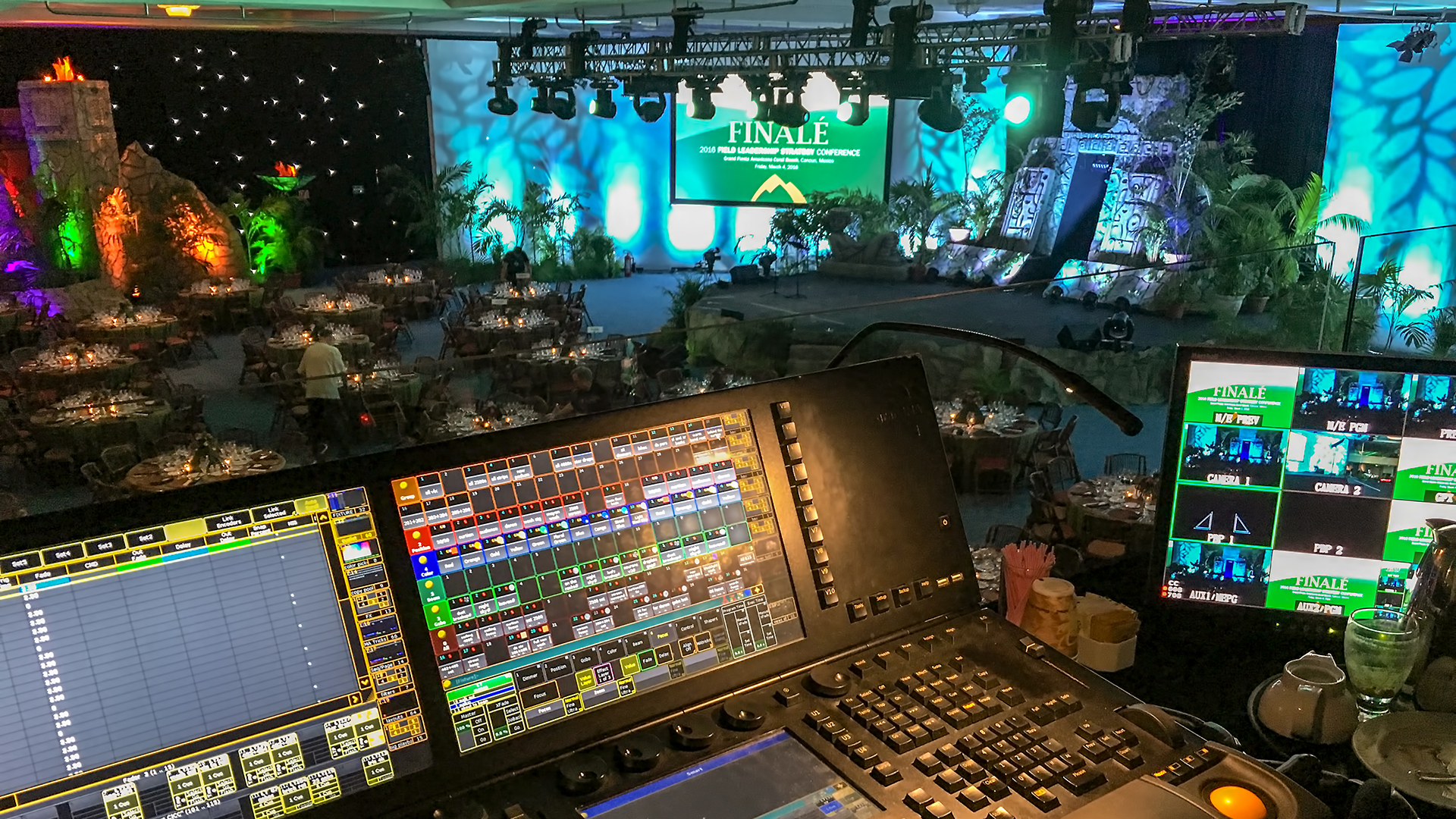





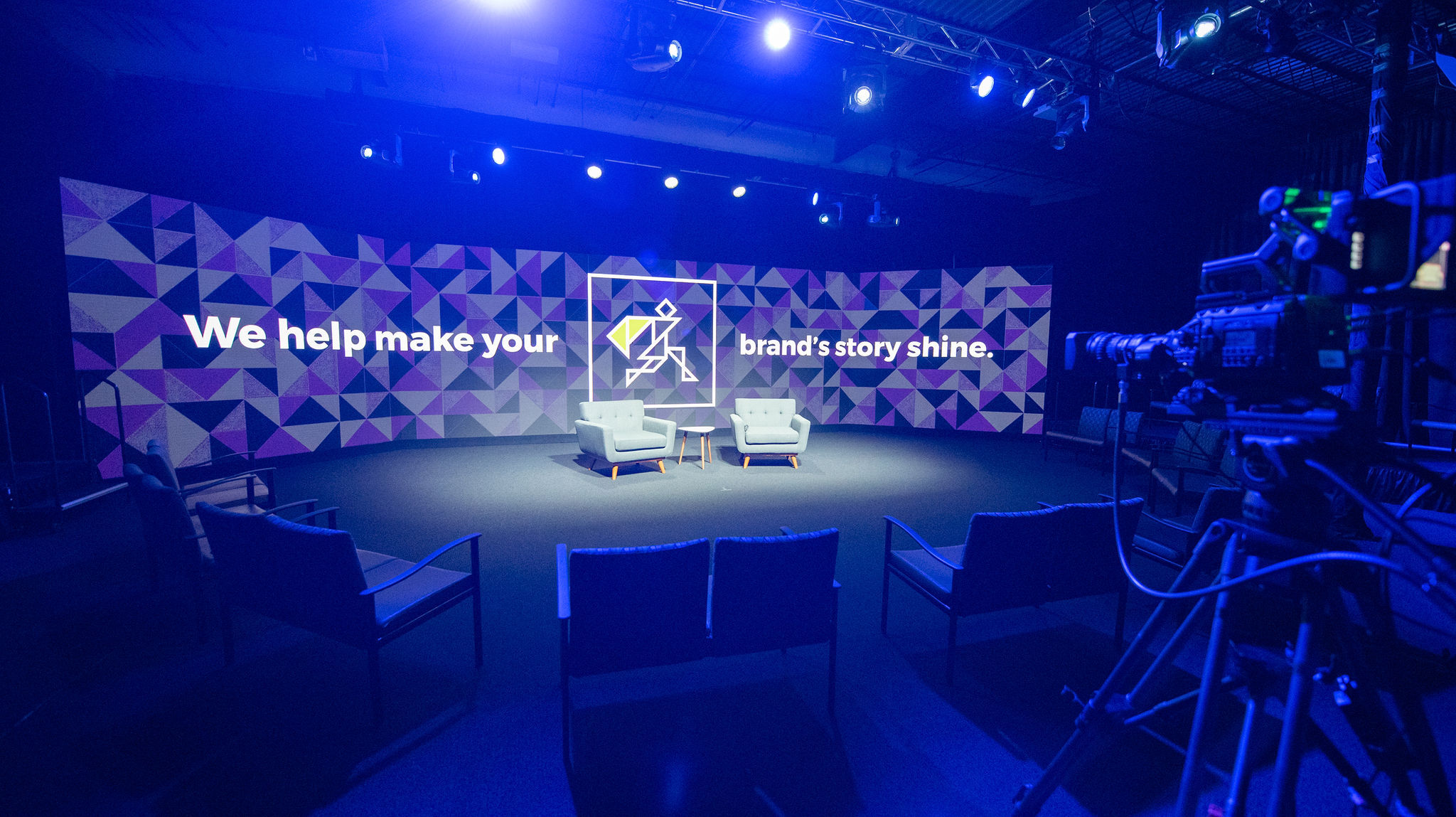
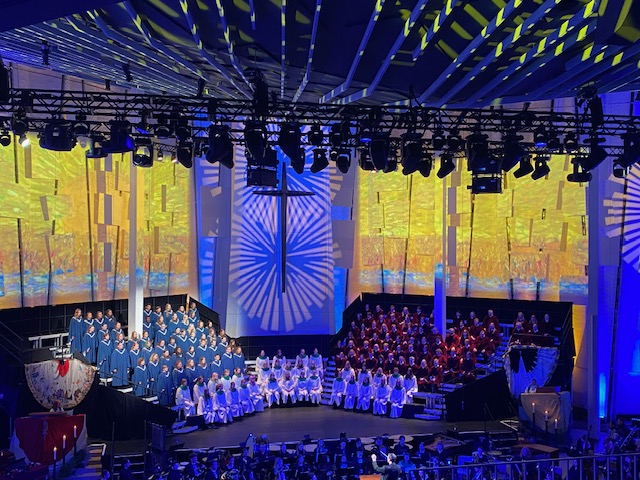

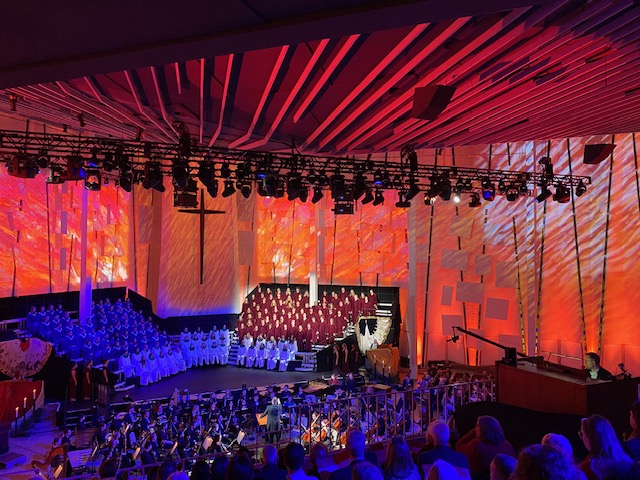
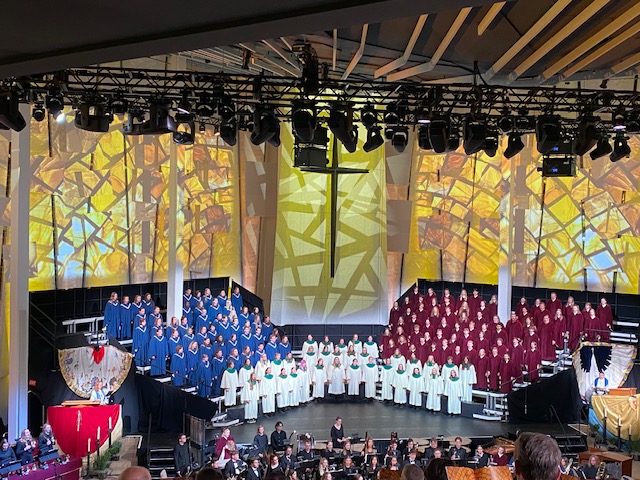
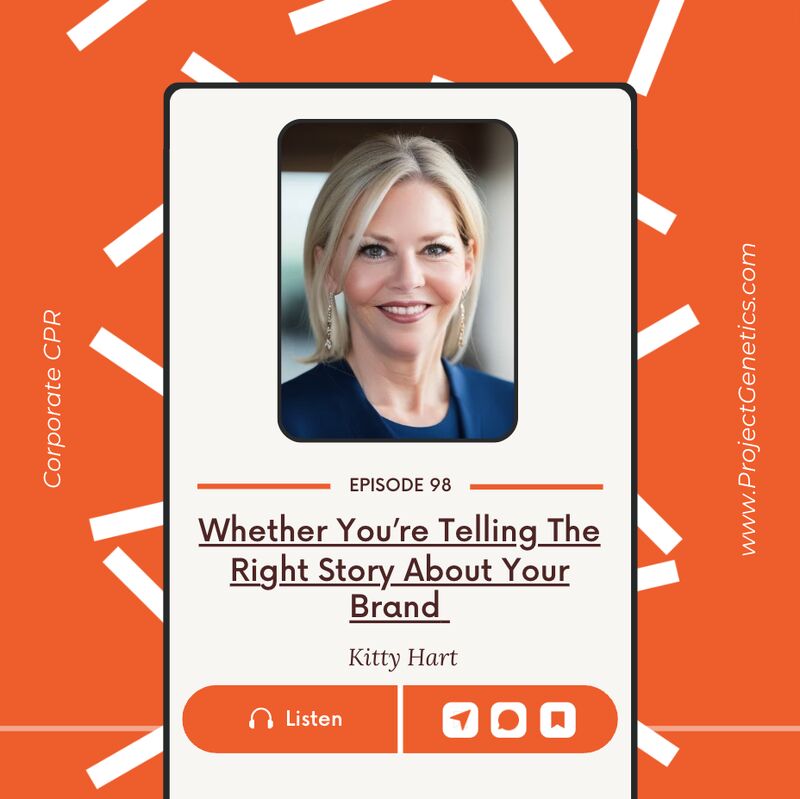
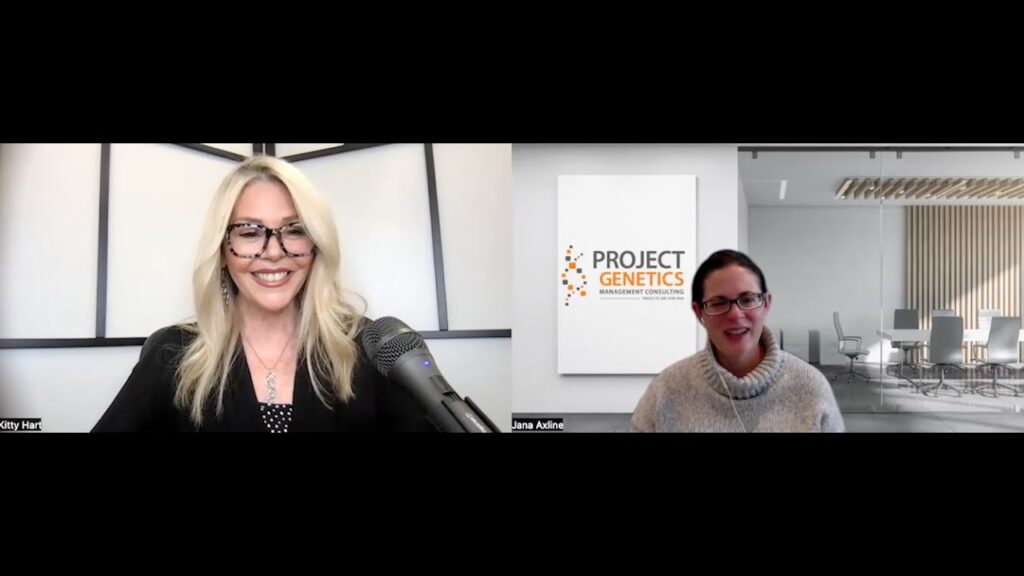

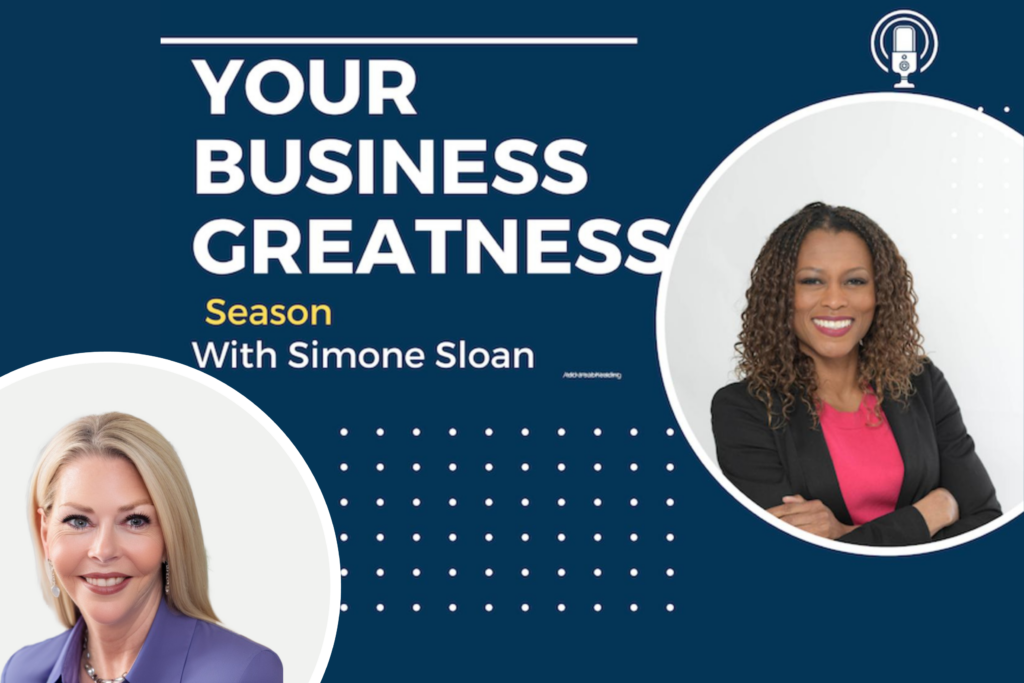
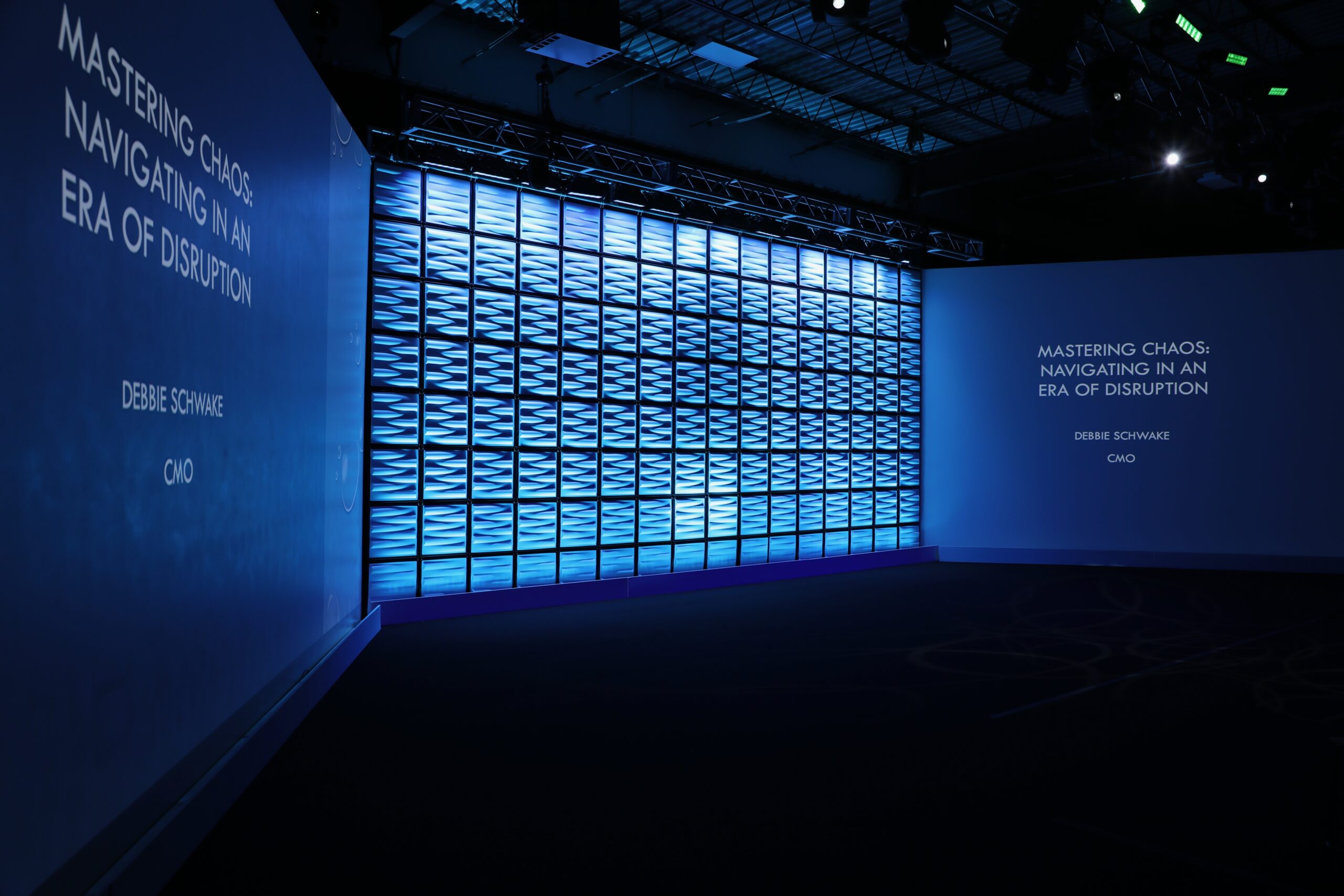
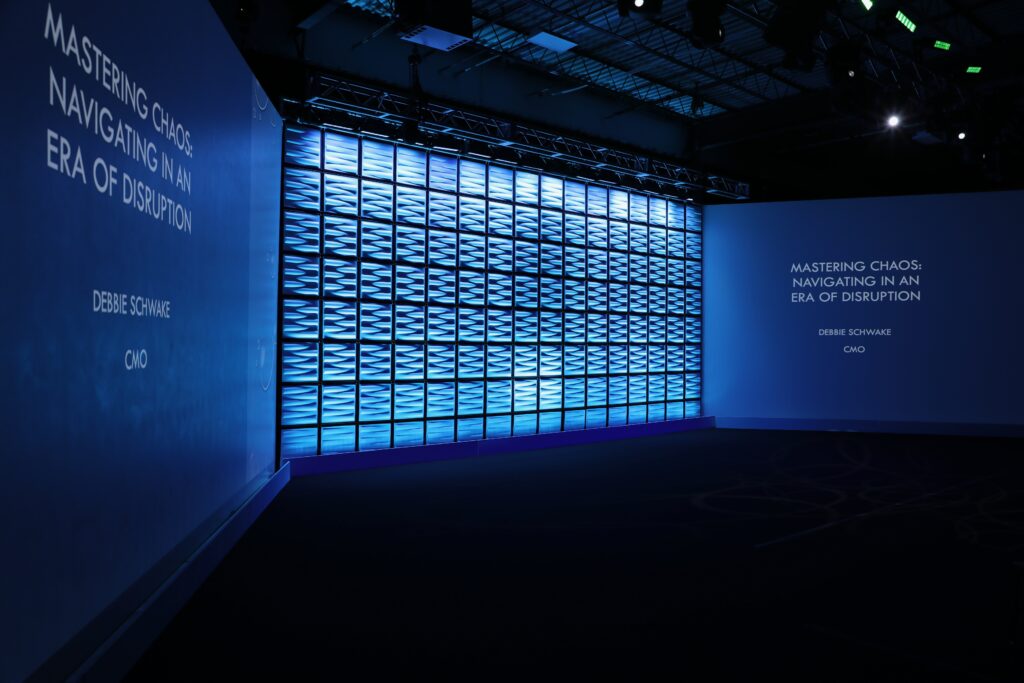
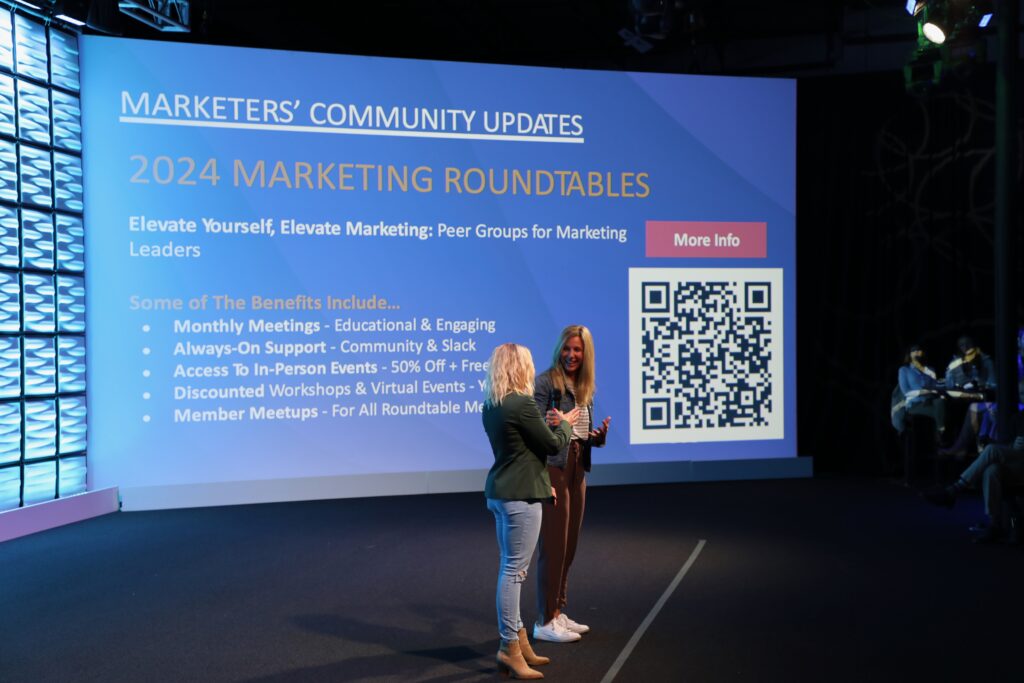
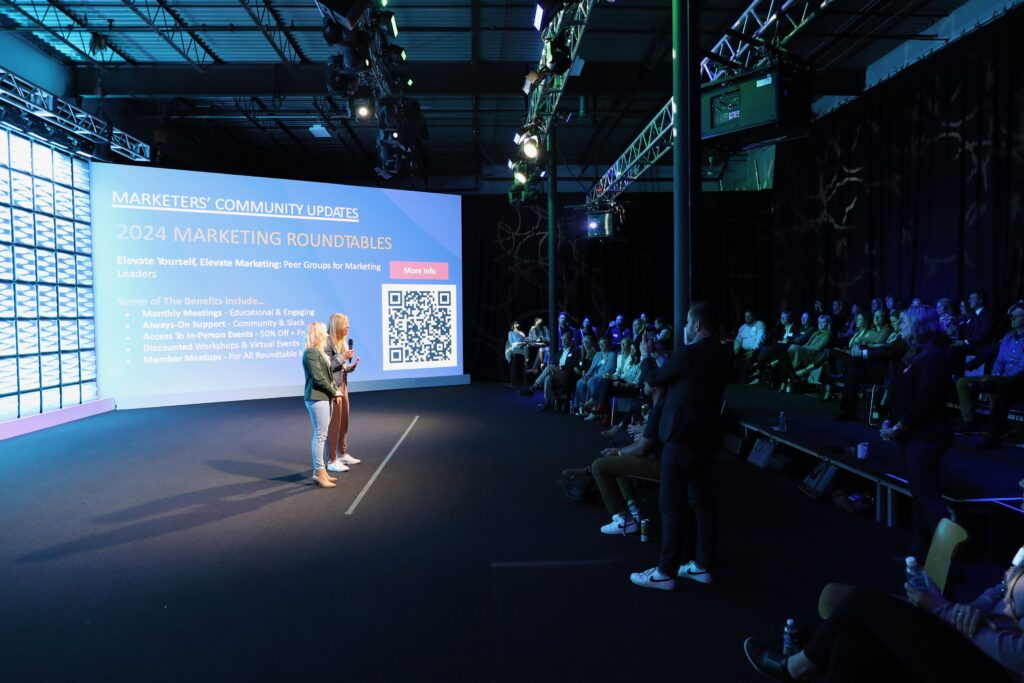
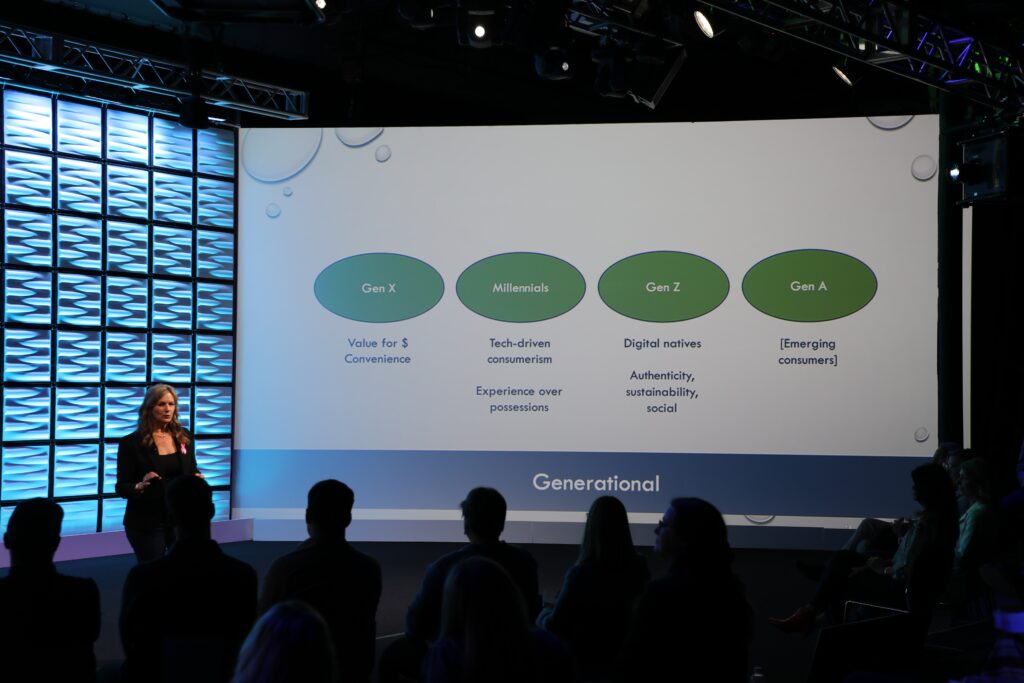
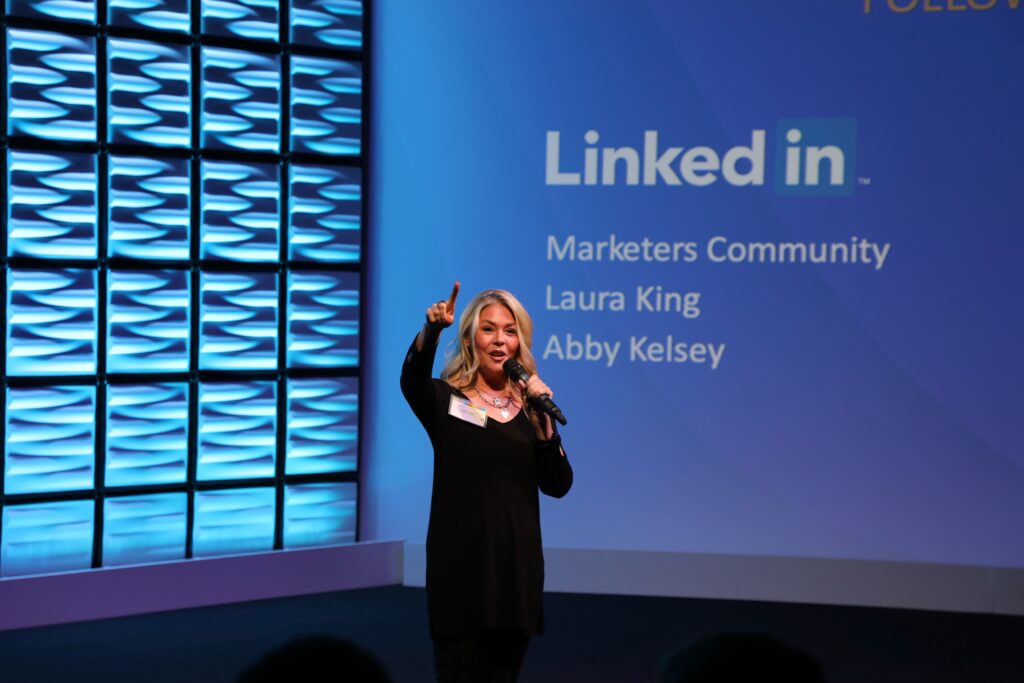
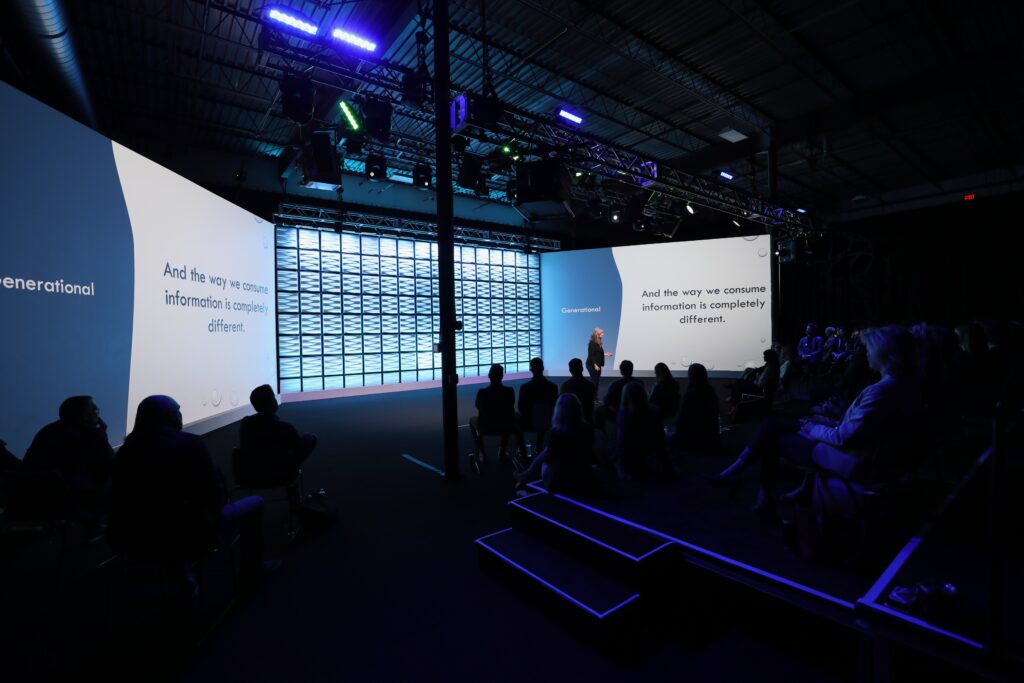
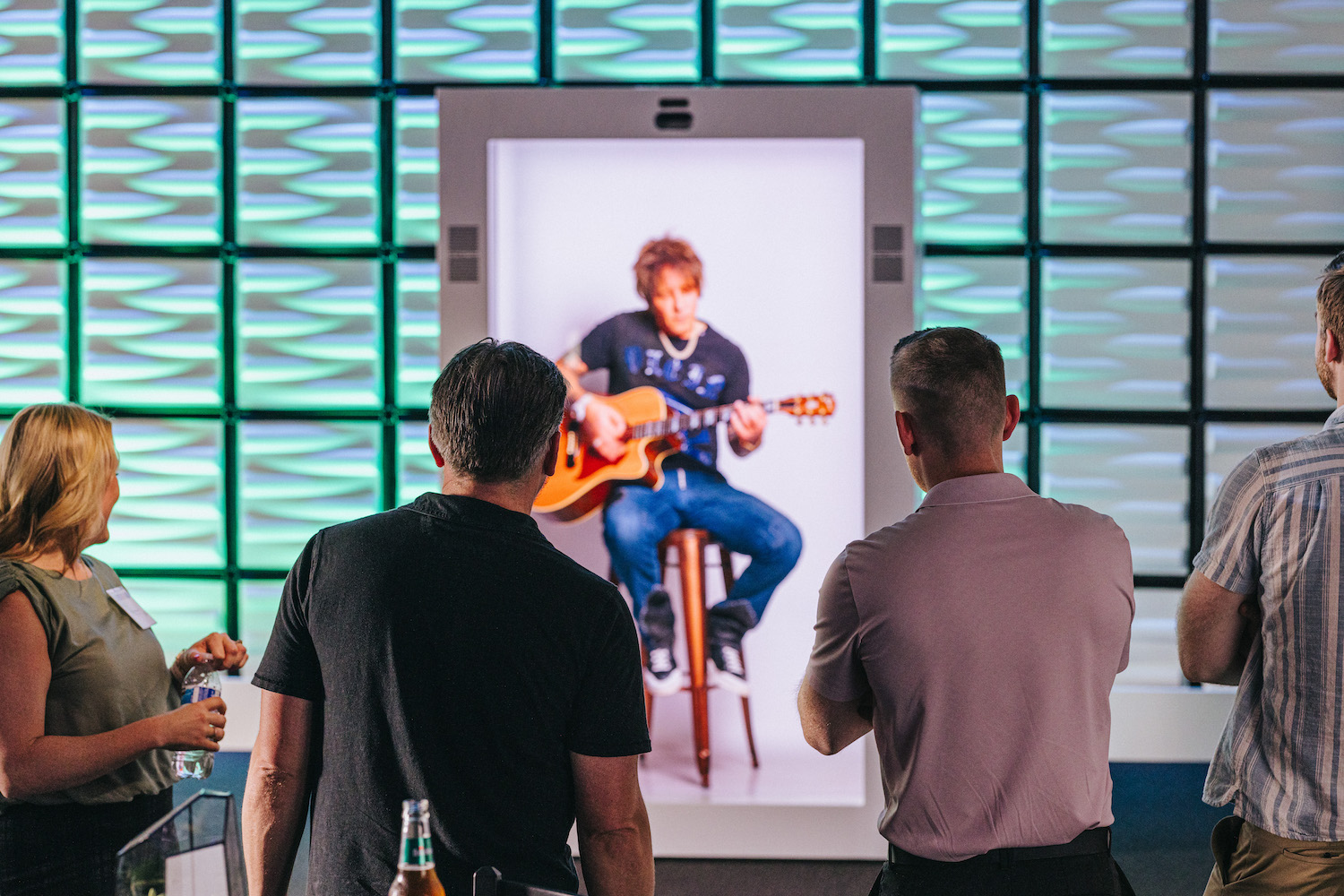

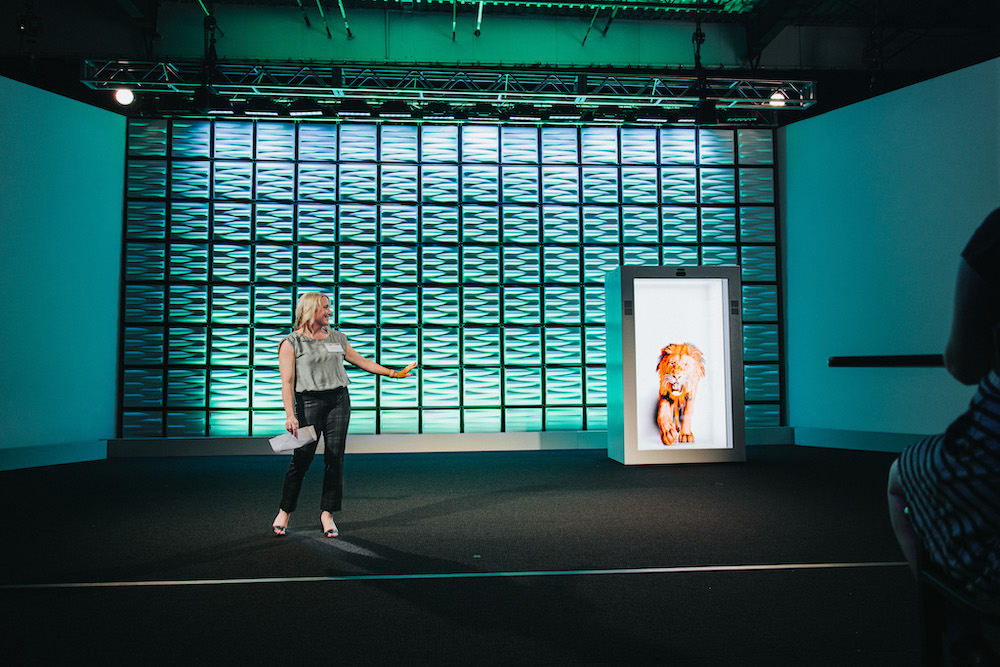
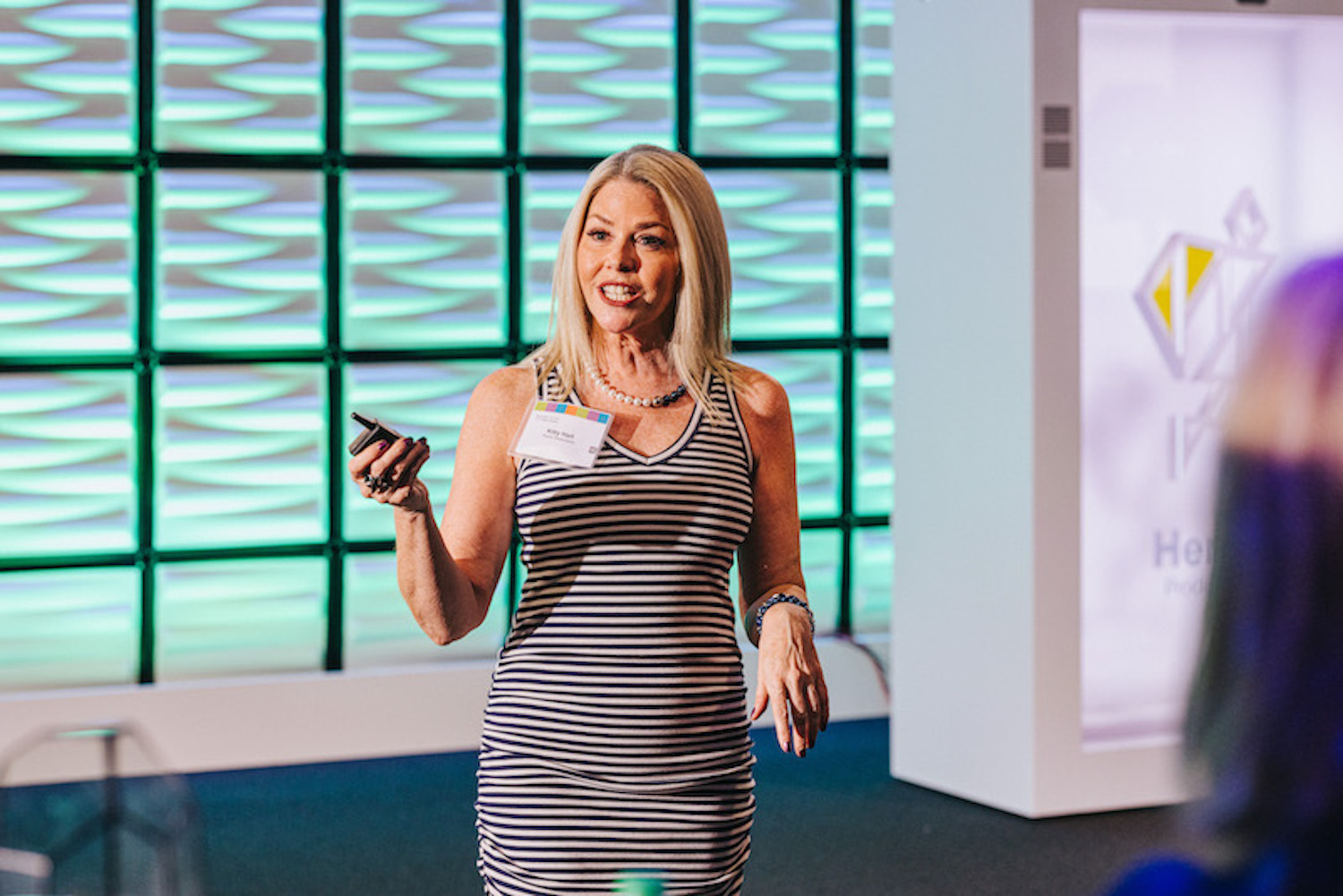

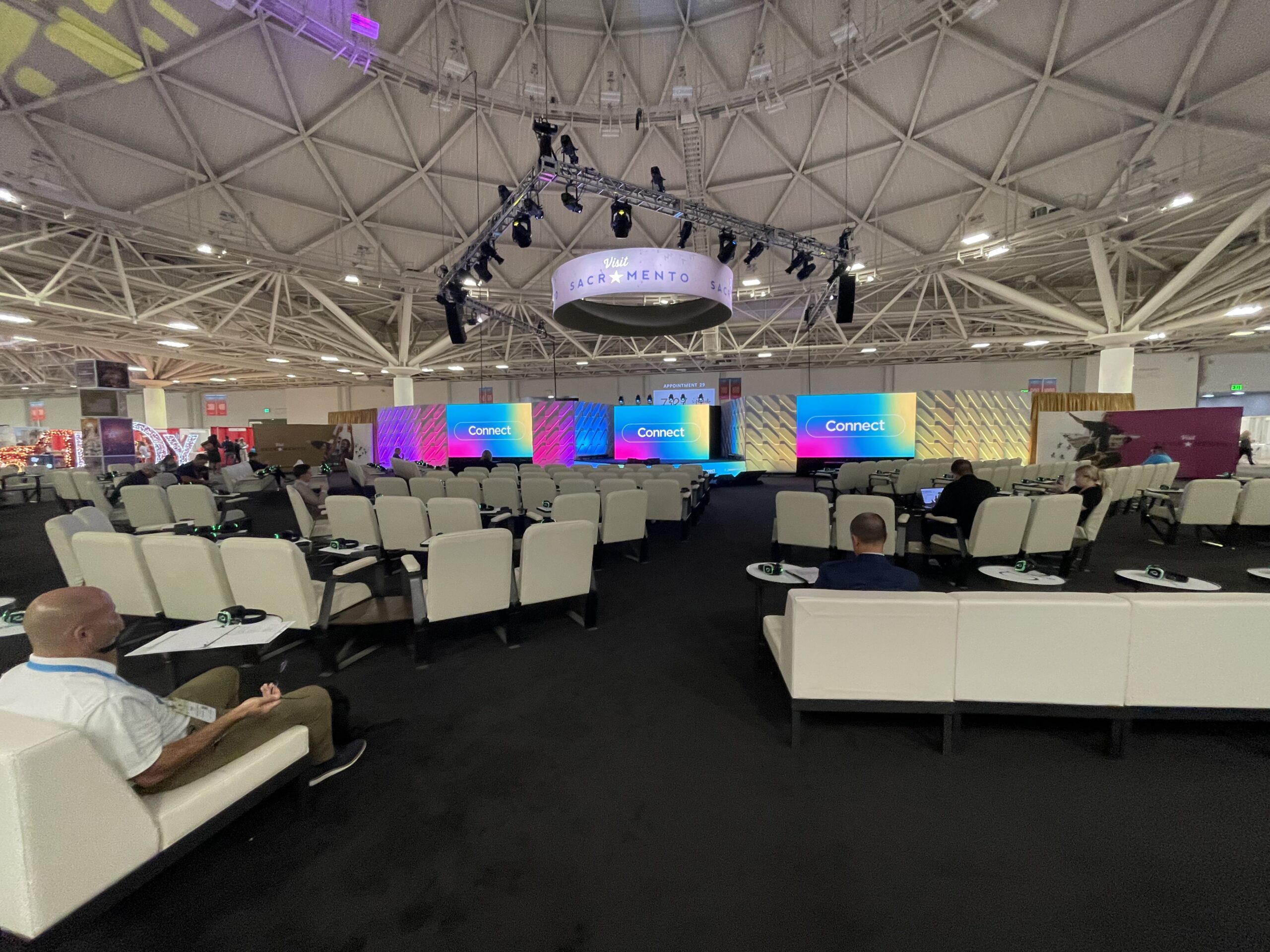
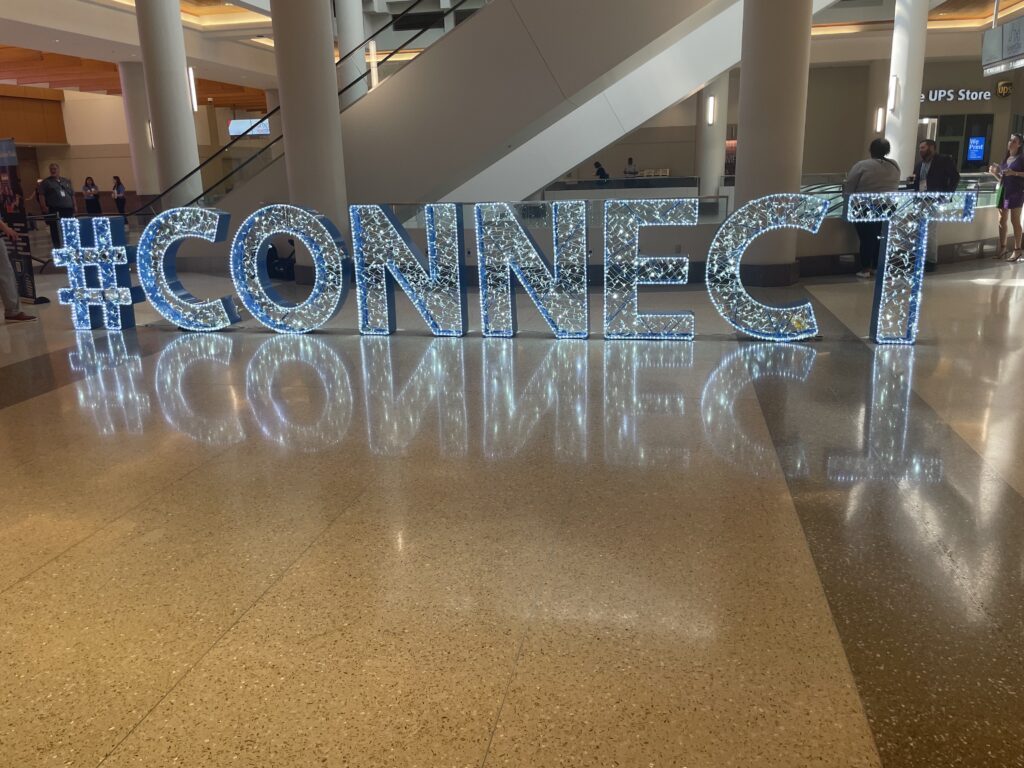
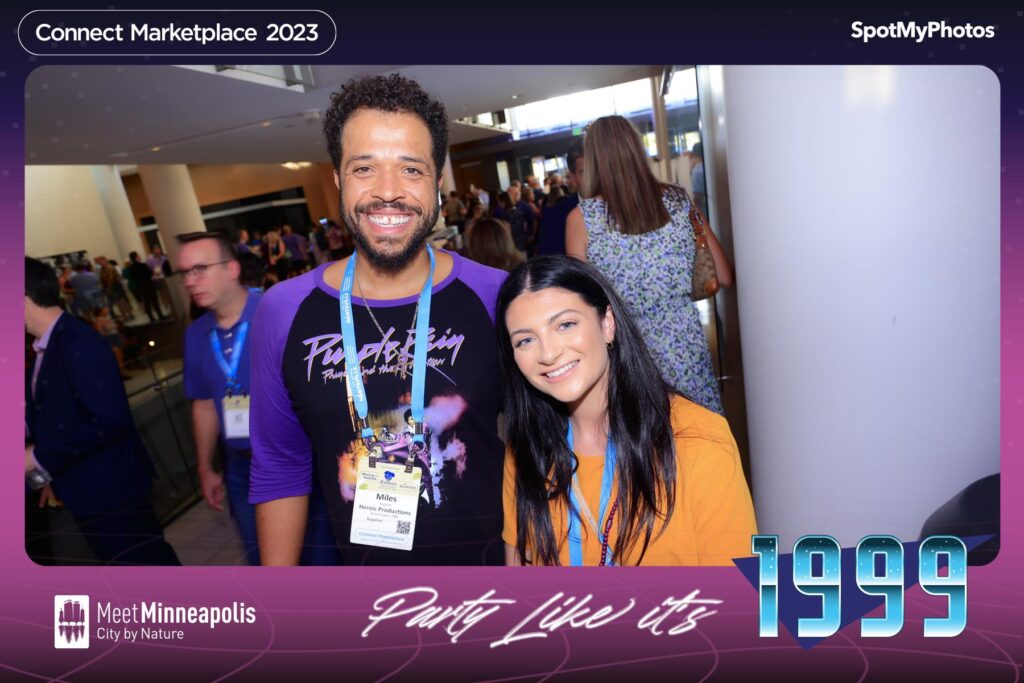

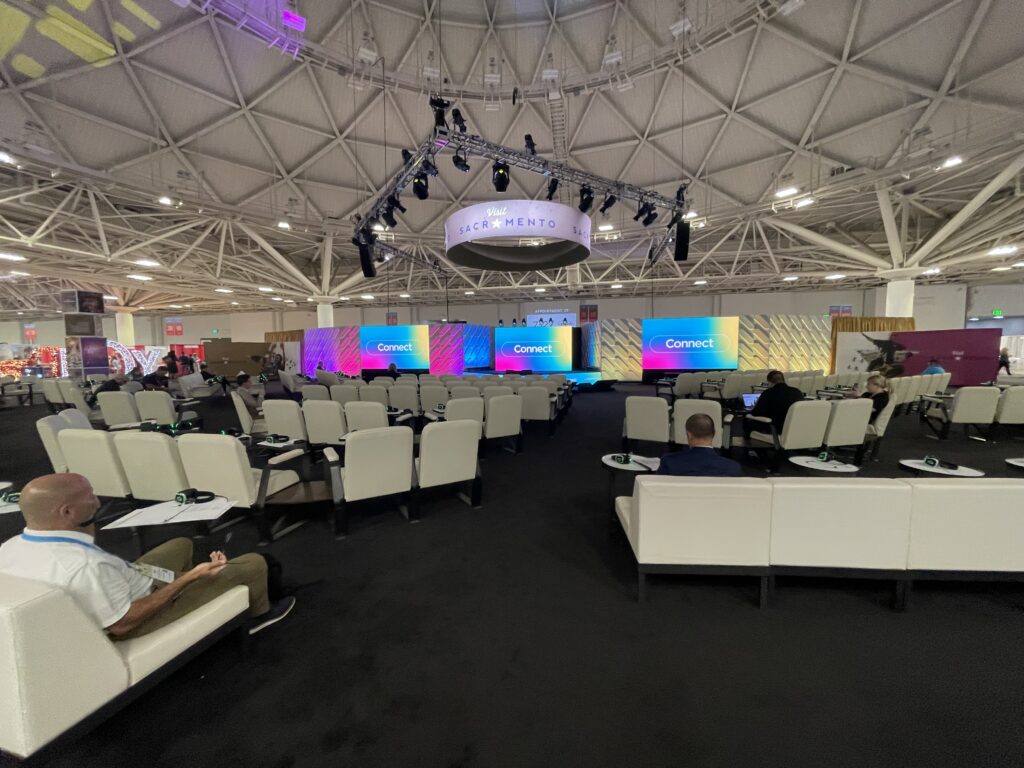
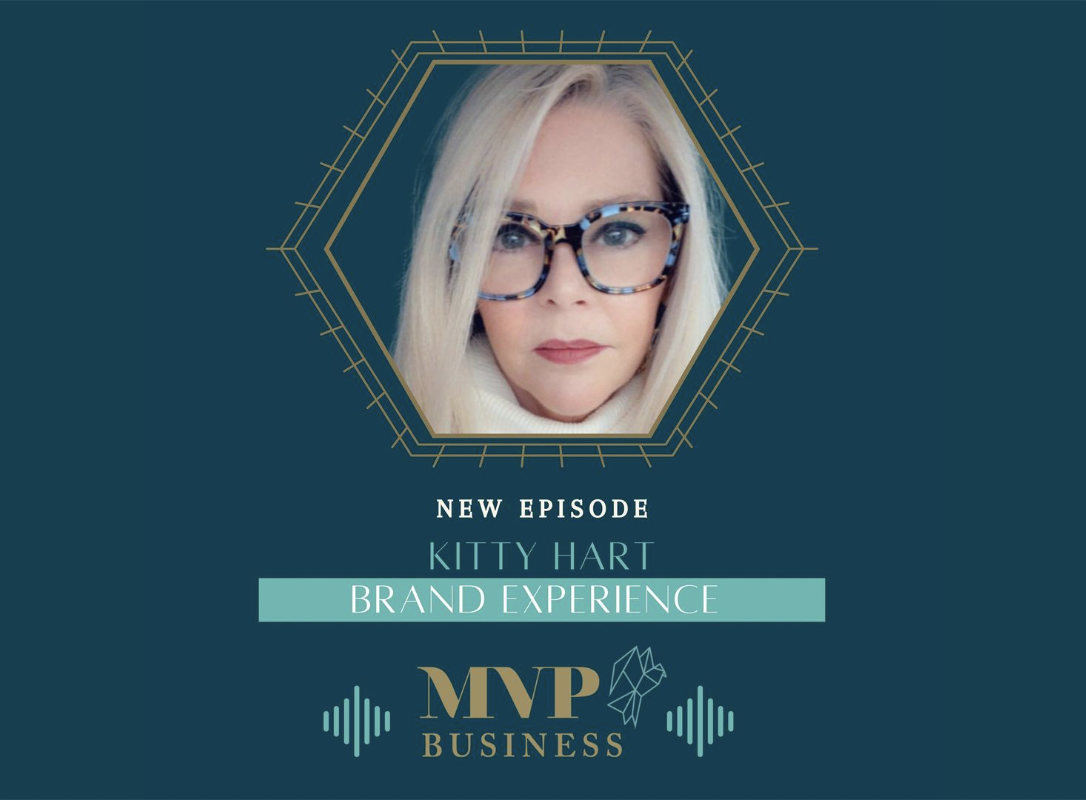


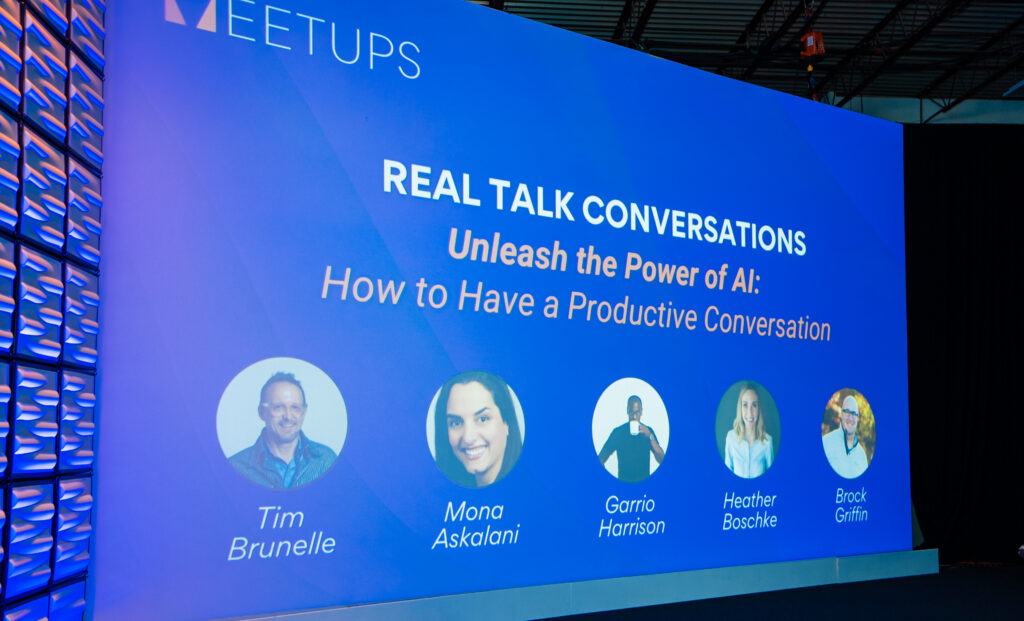
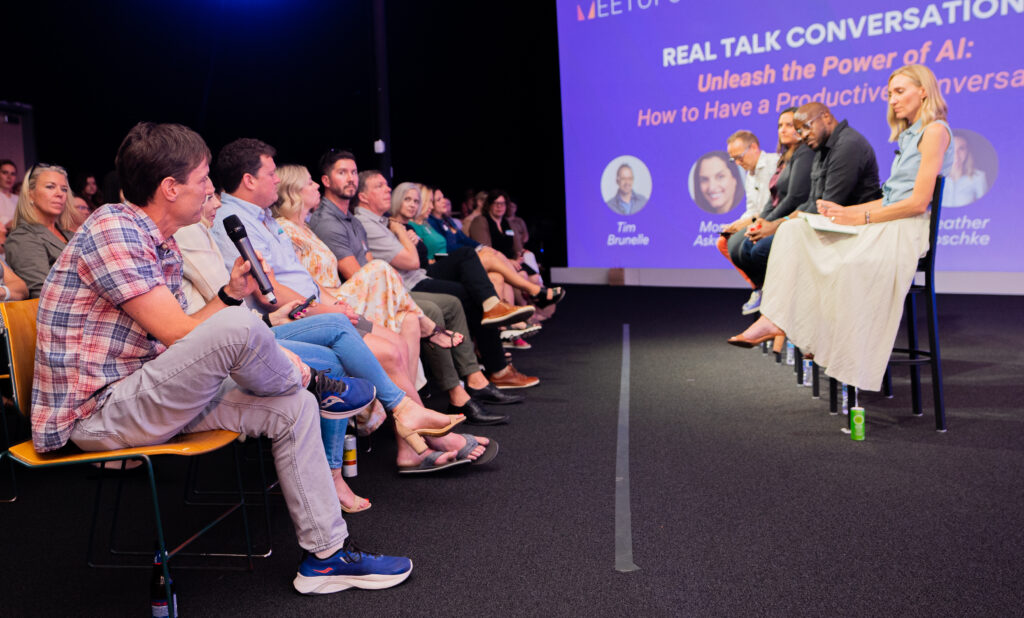
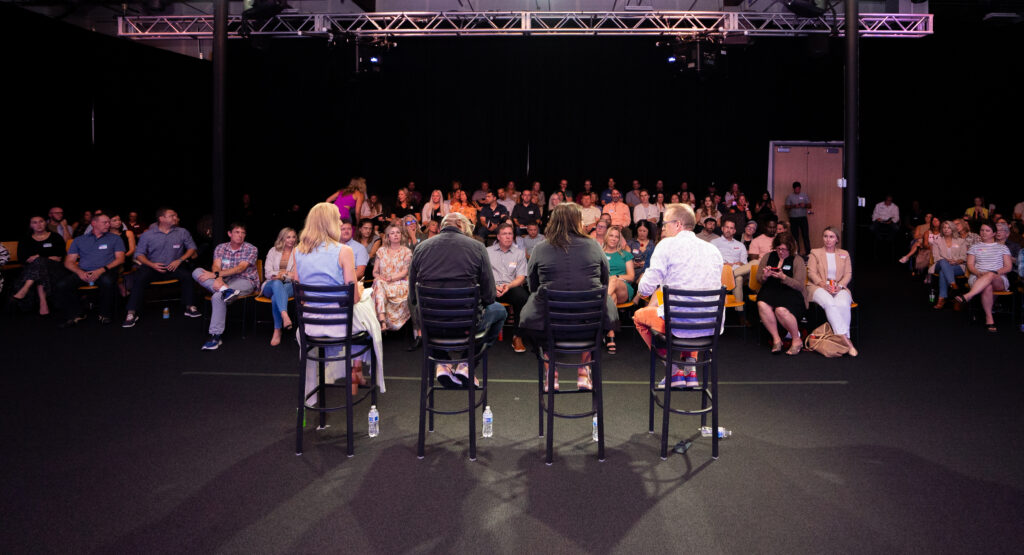


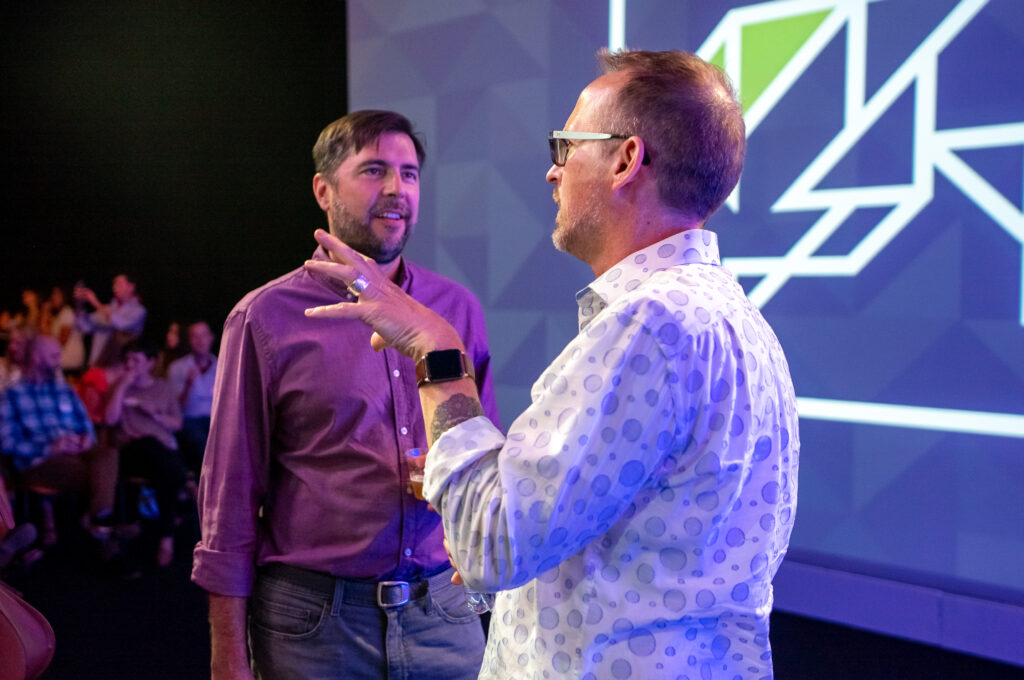
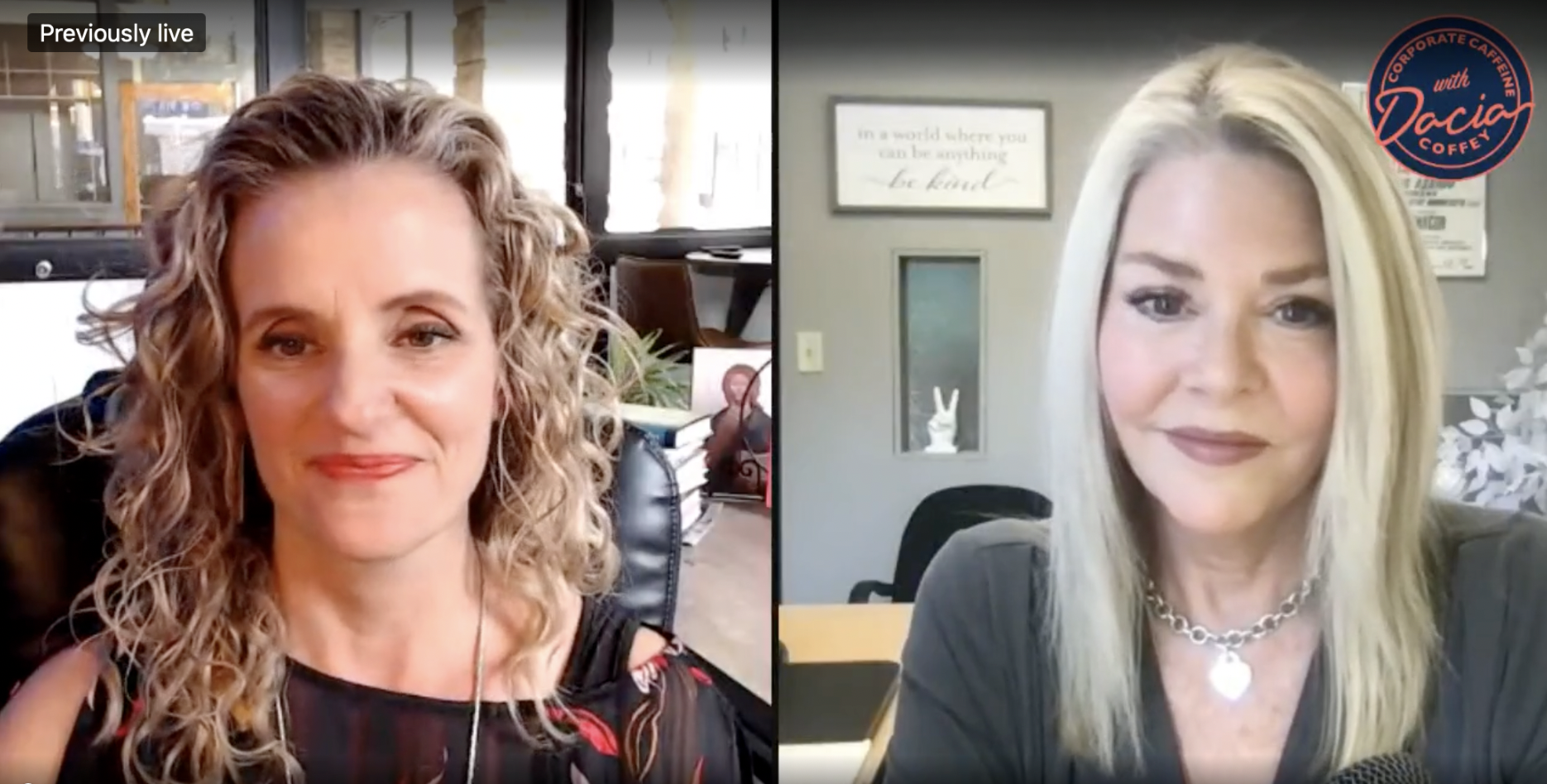
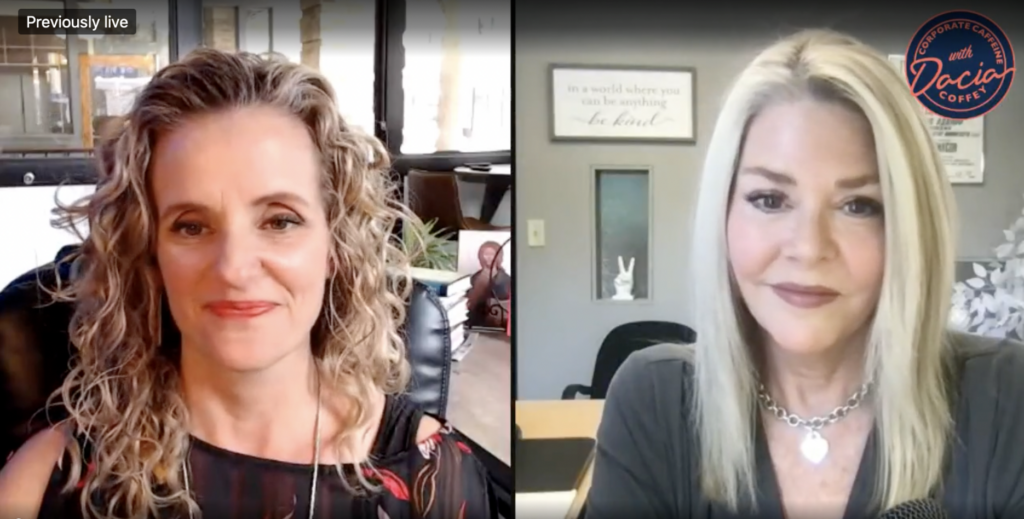

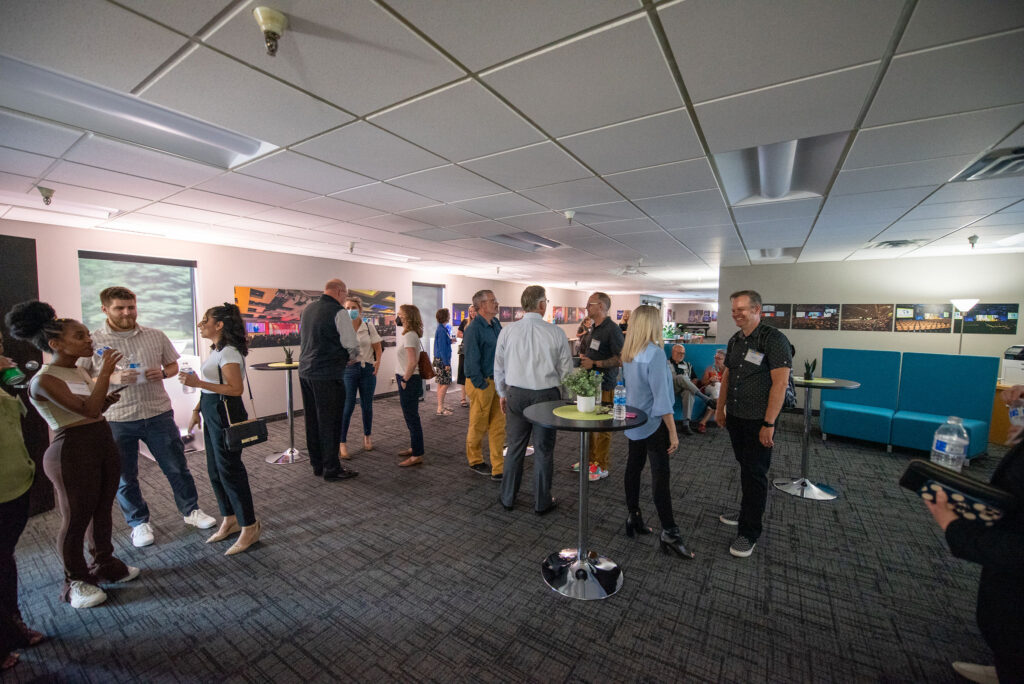
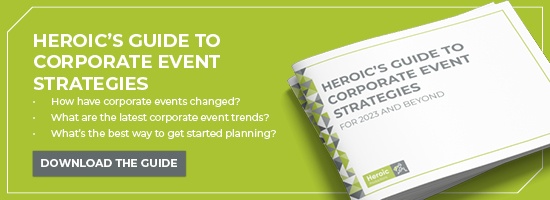

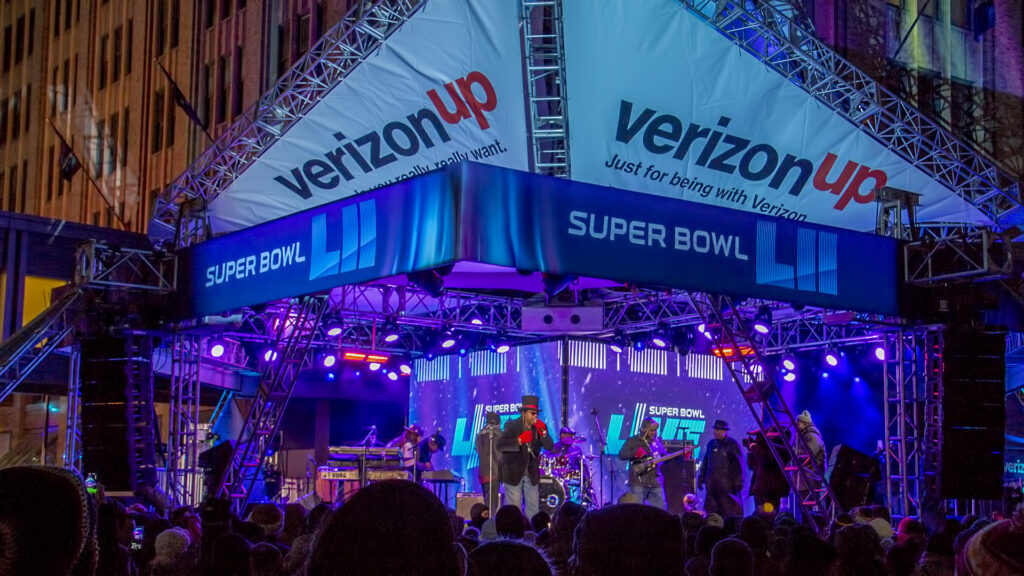
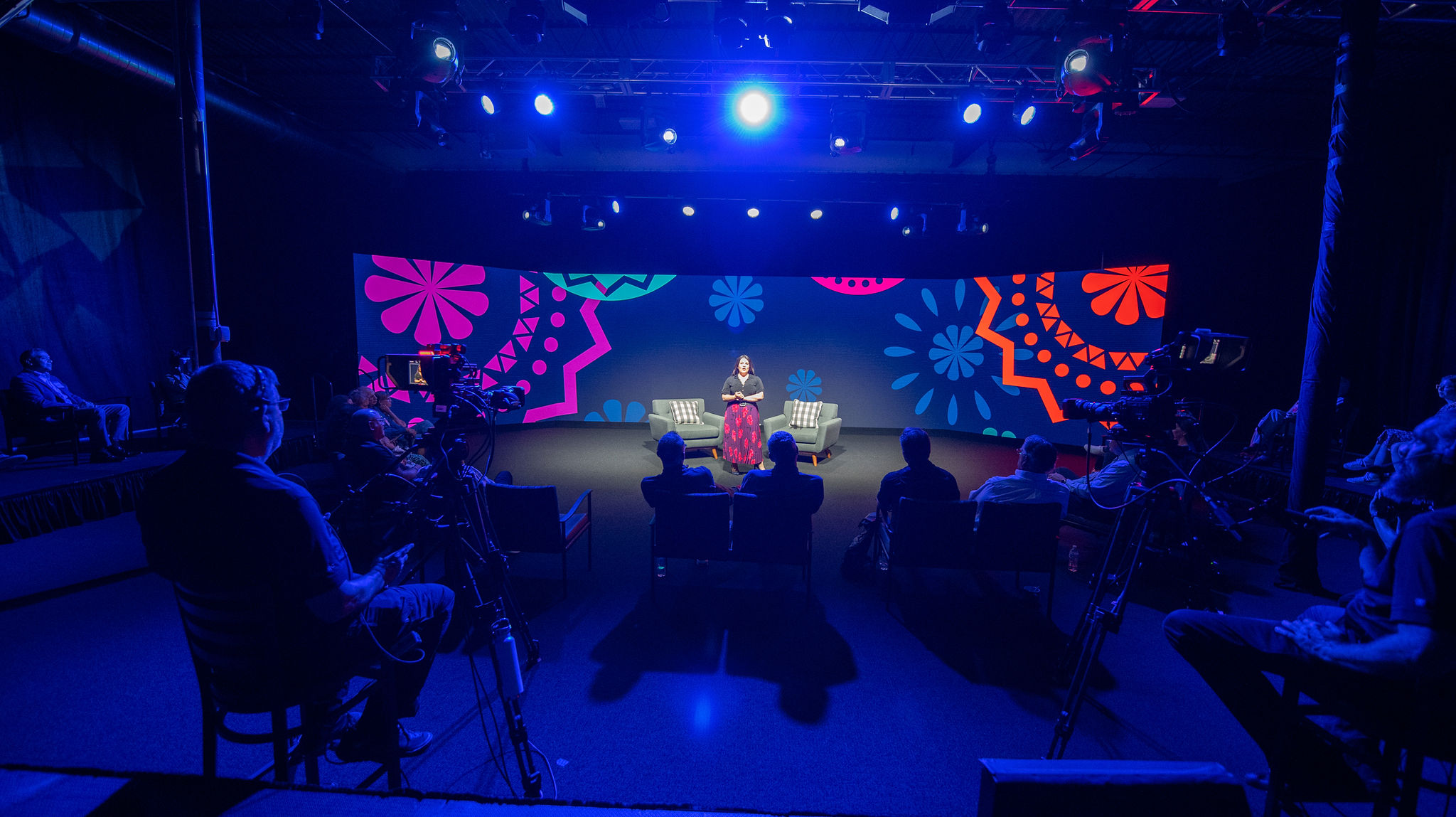
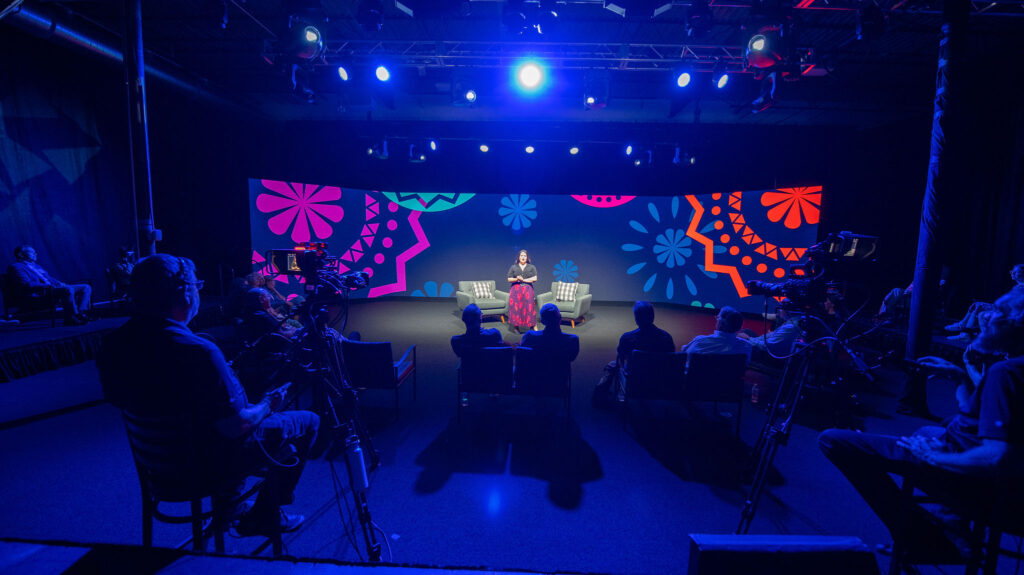
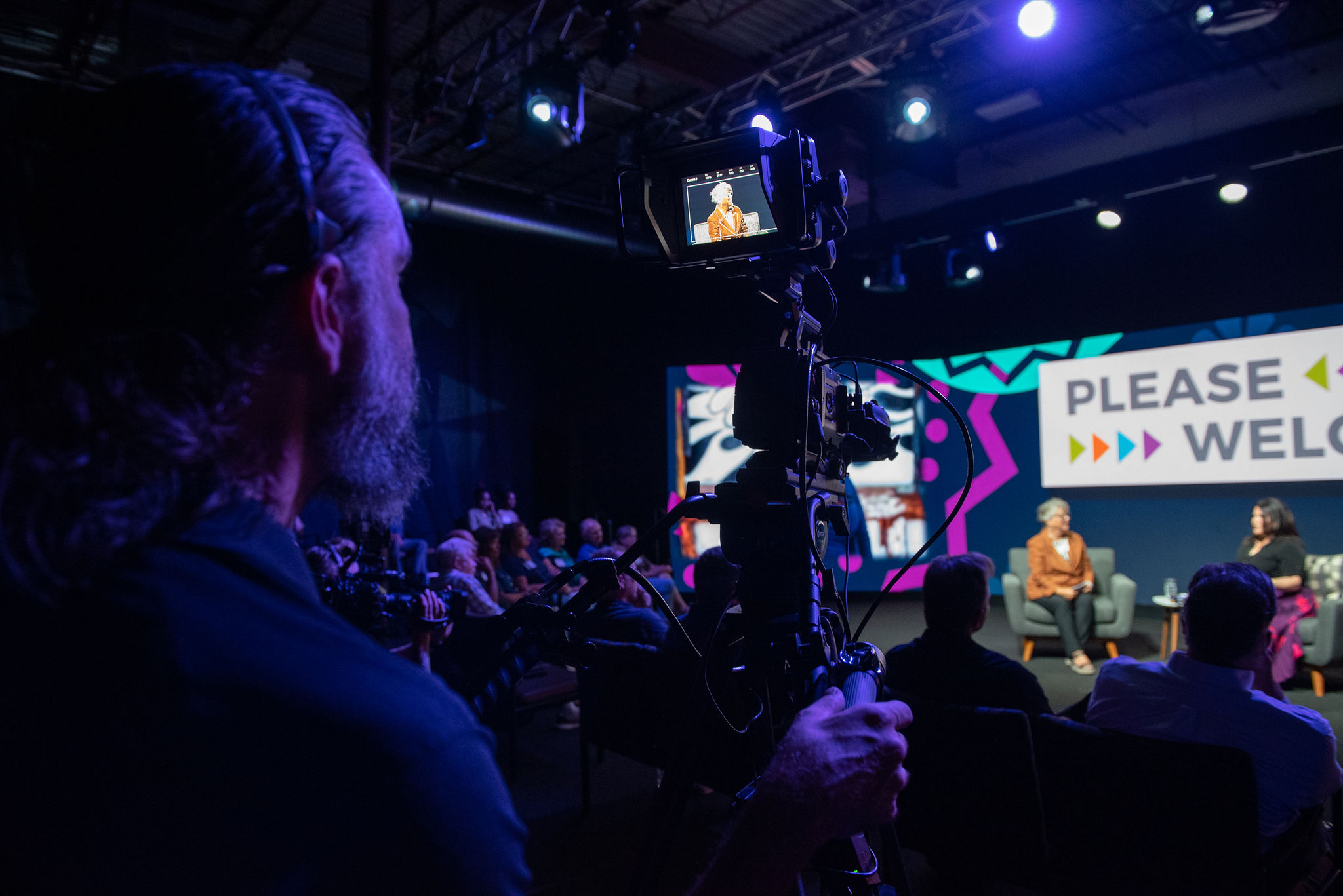
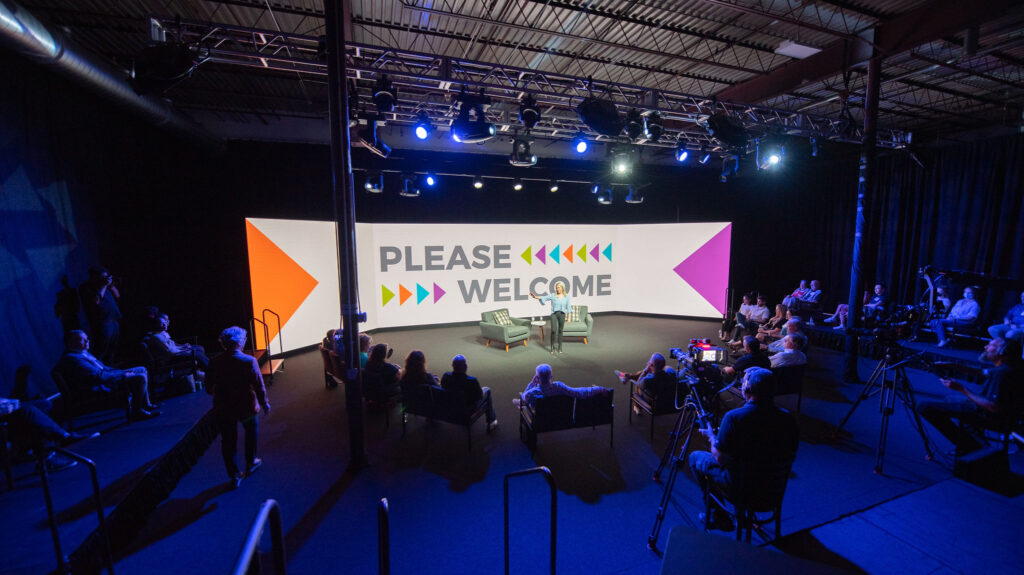

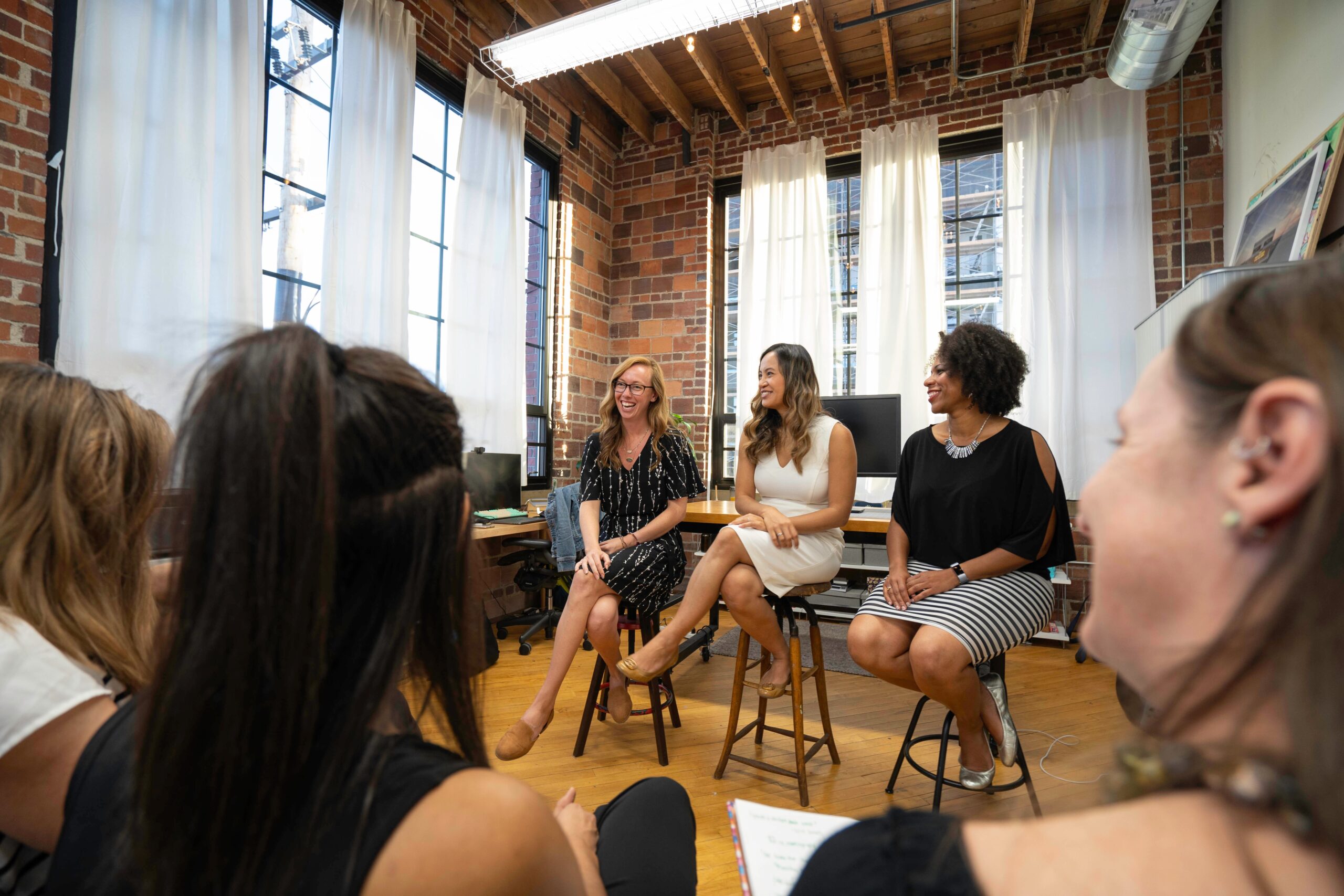




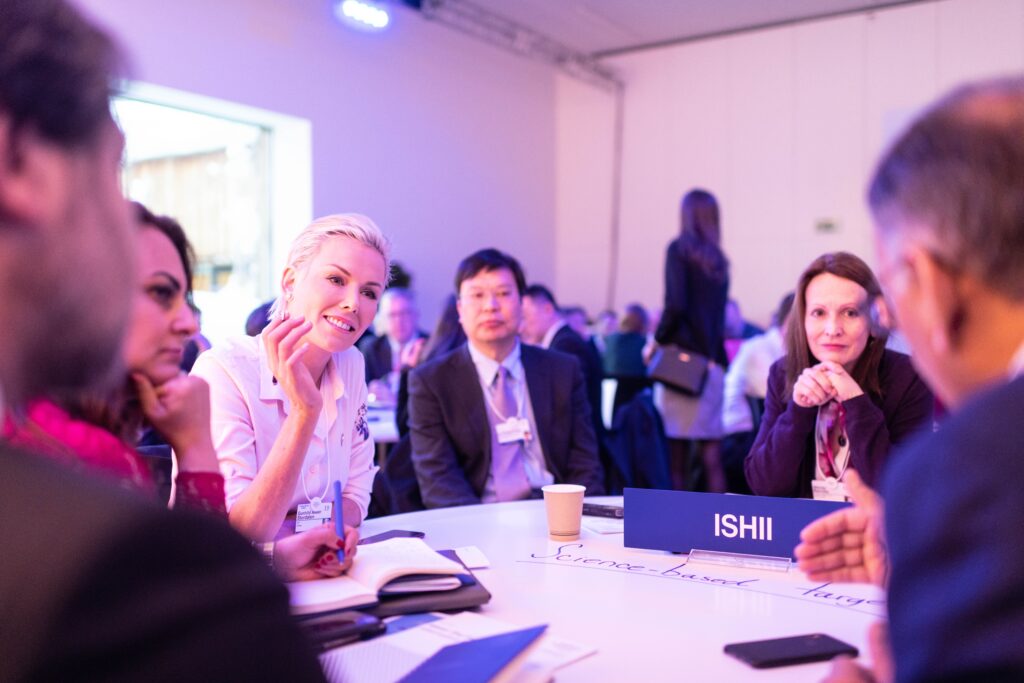




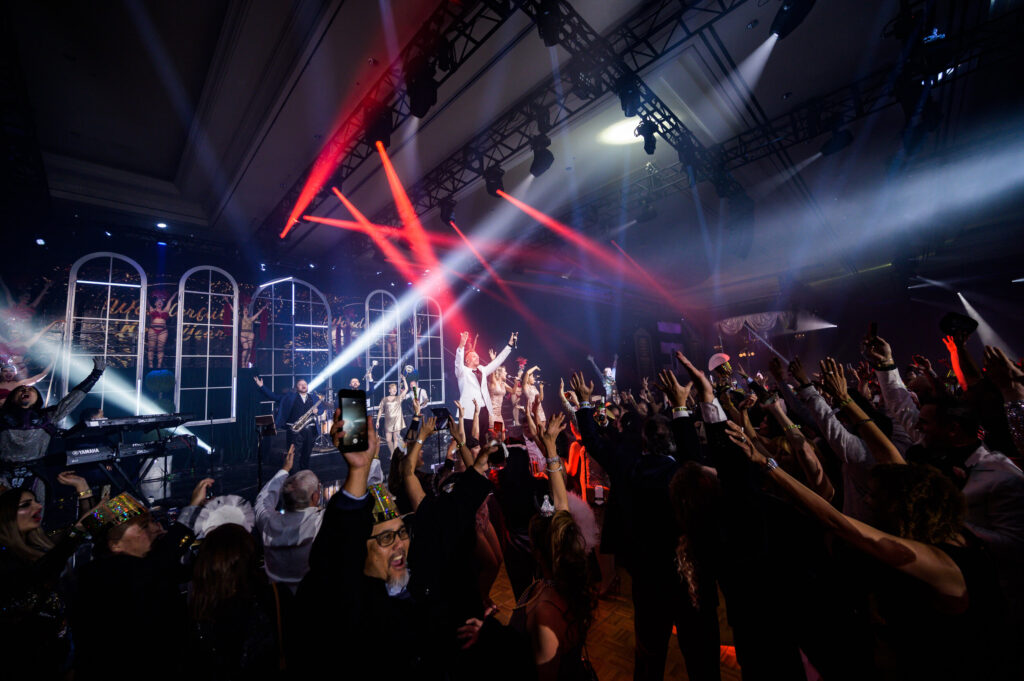




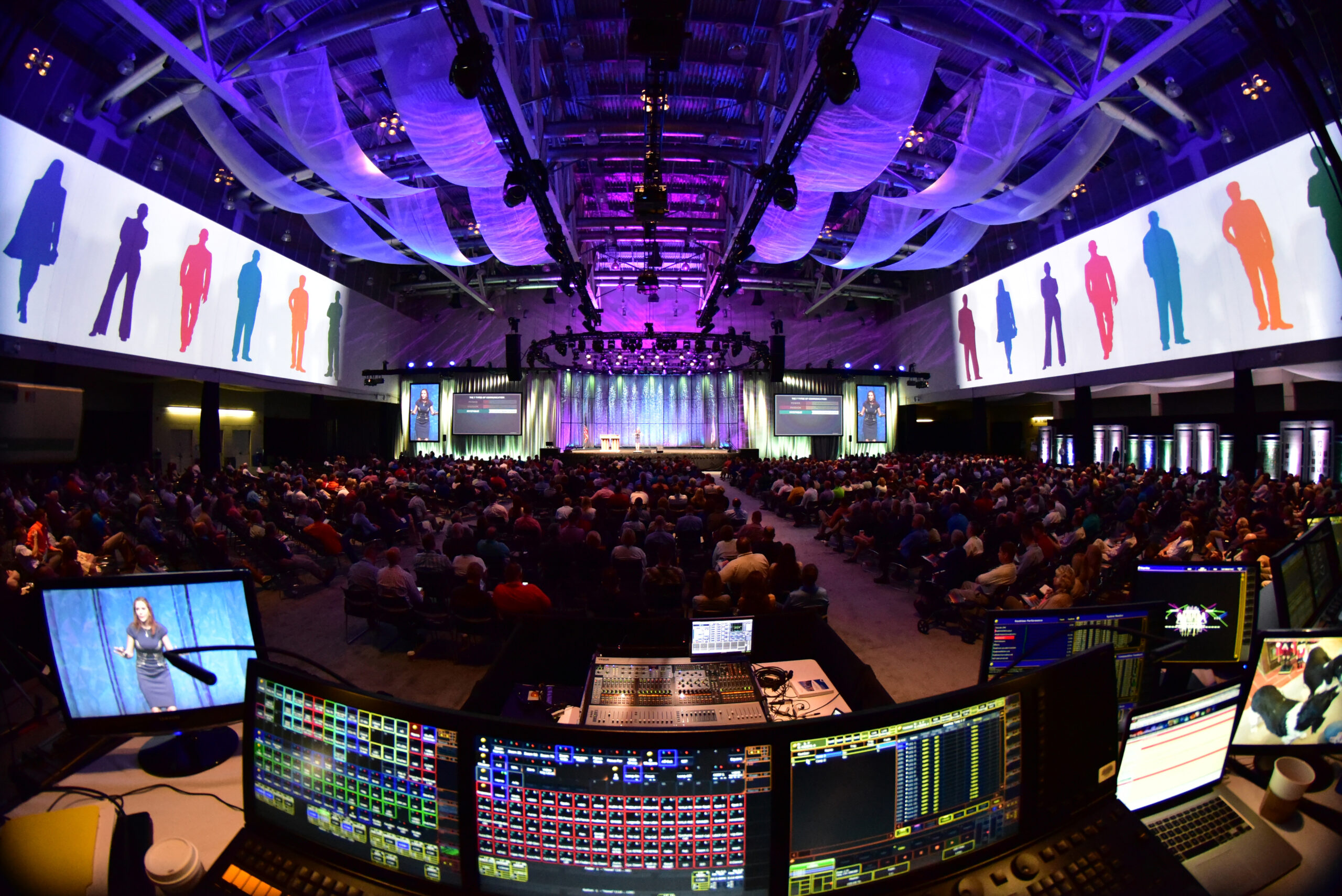
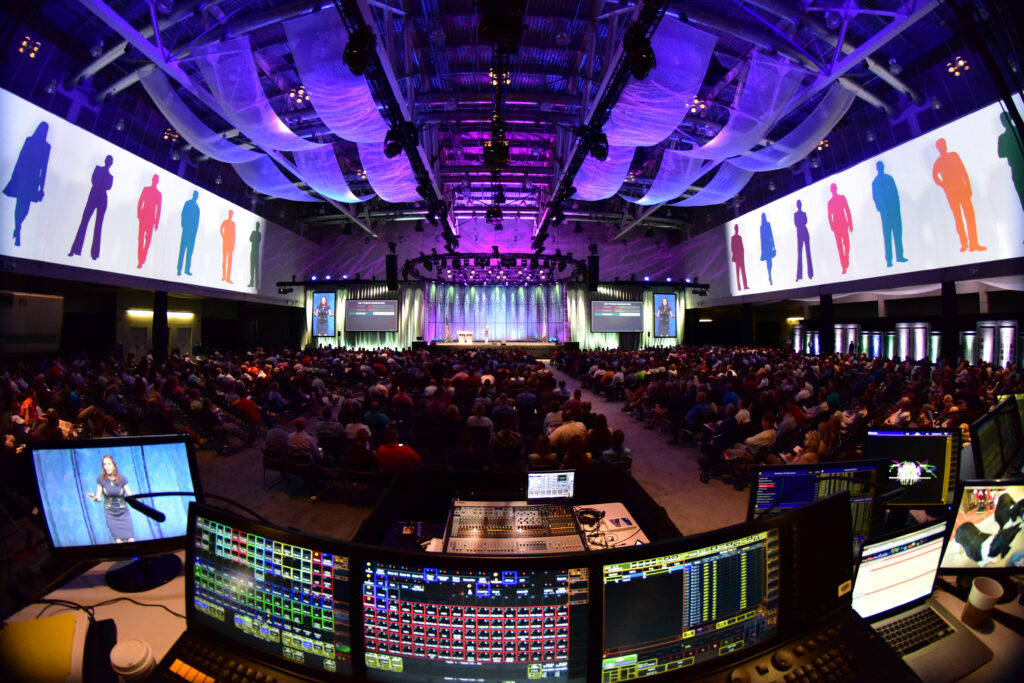
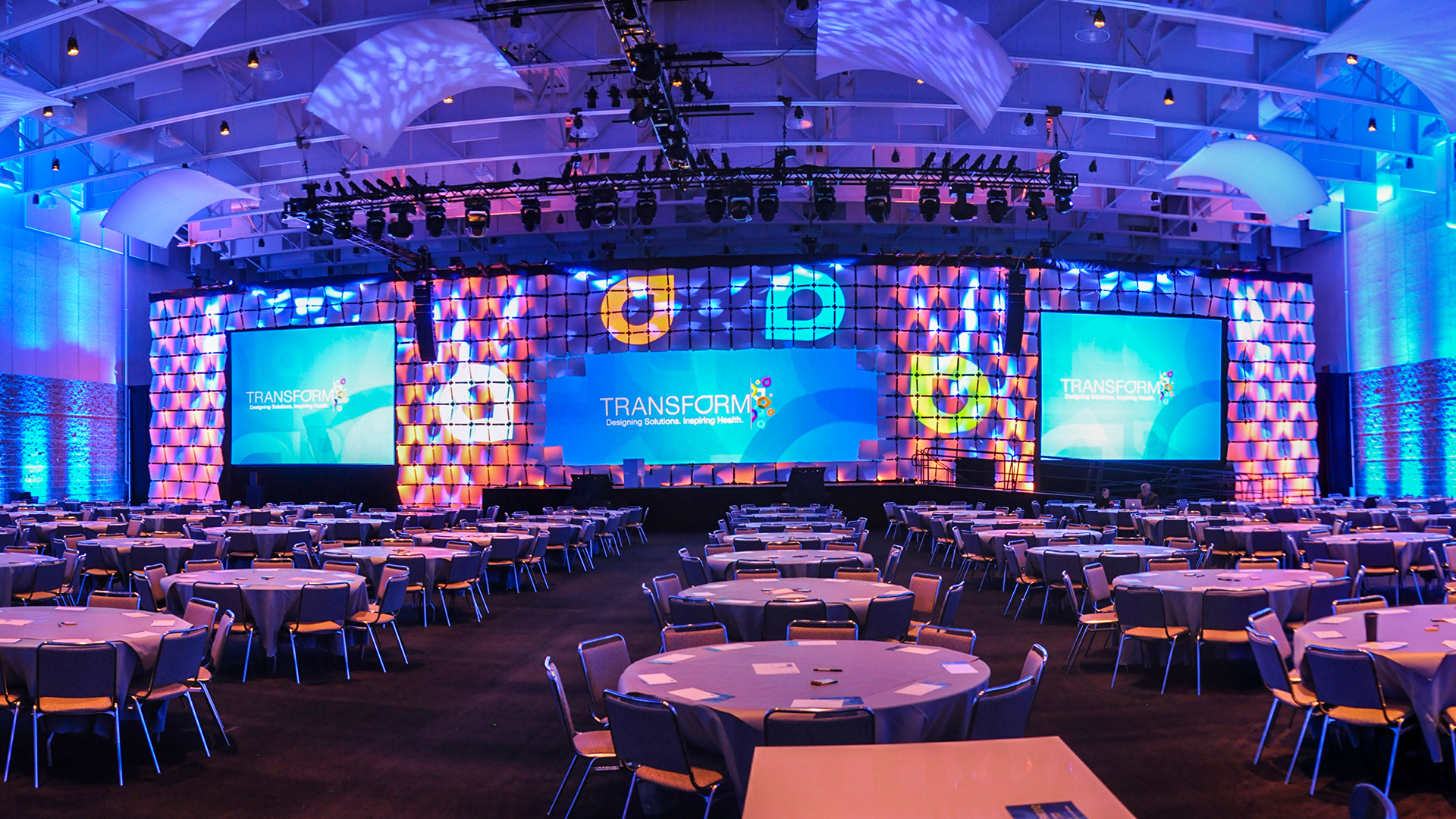
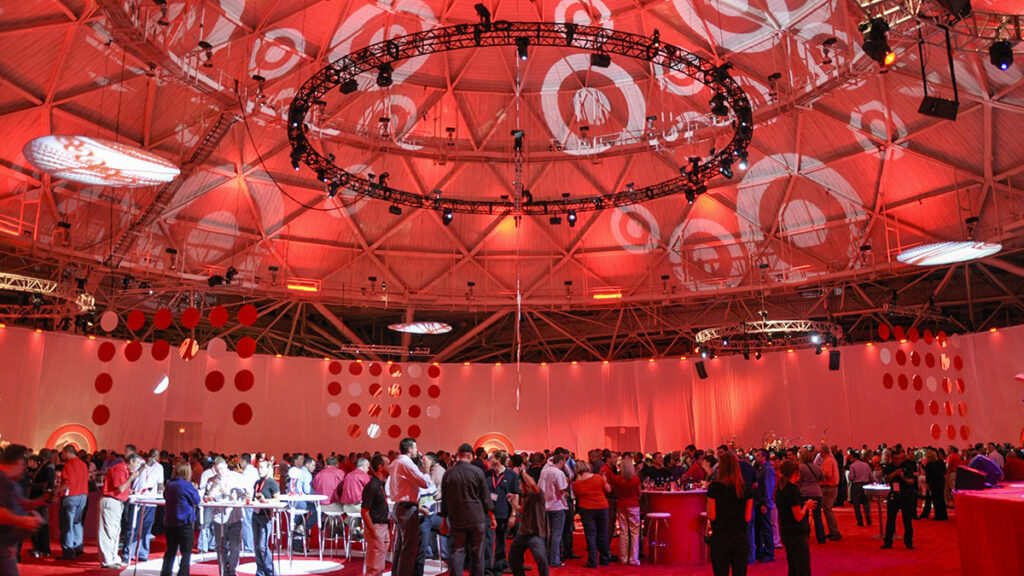


 We are excited to announce our newest member to the team, Kris Young as VP, Speakers & Entertainment. In this role, Young will solely focus on helping clients secure talent to help deliver event key messages.
We are excited to announce our newest member to the team, Kris Young as VP, Speakers & Entertainment. In this role, Young will solely focus on helping clients secure talent to help deliver event key messages.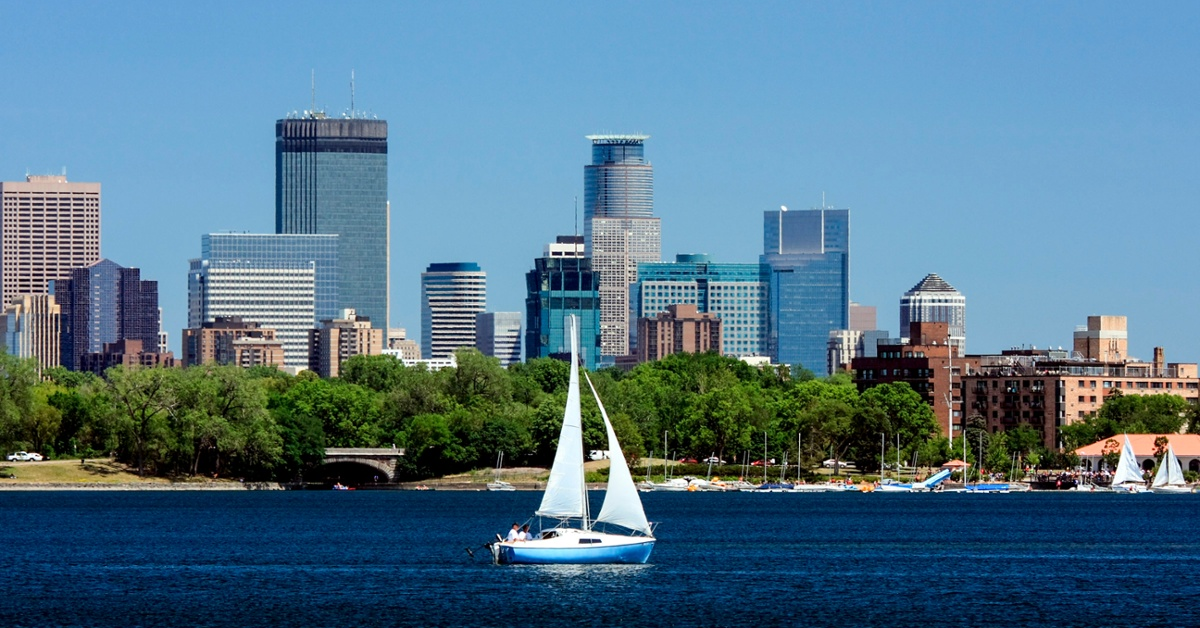
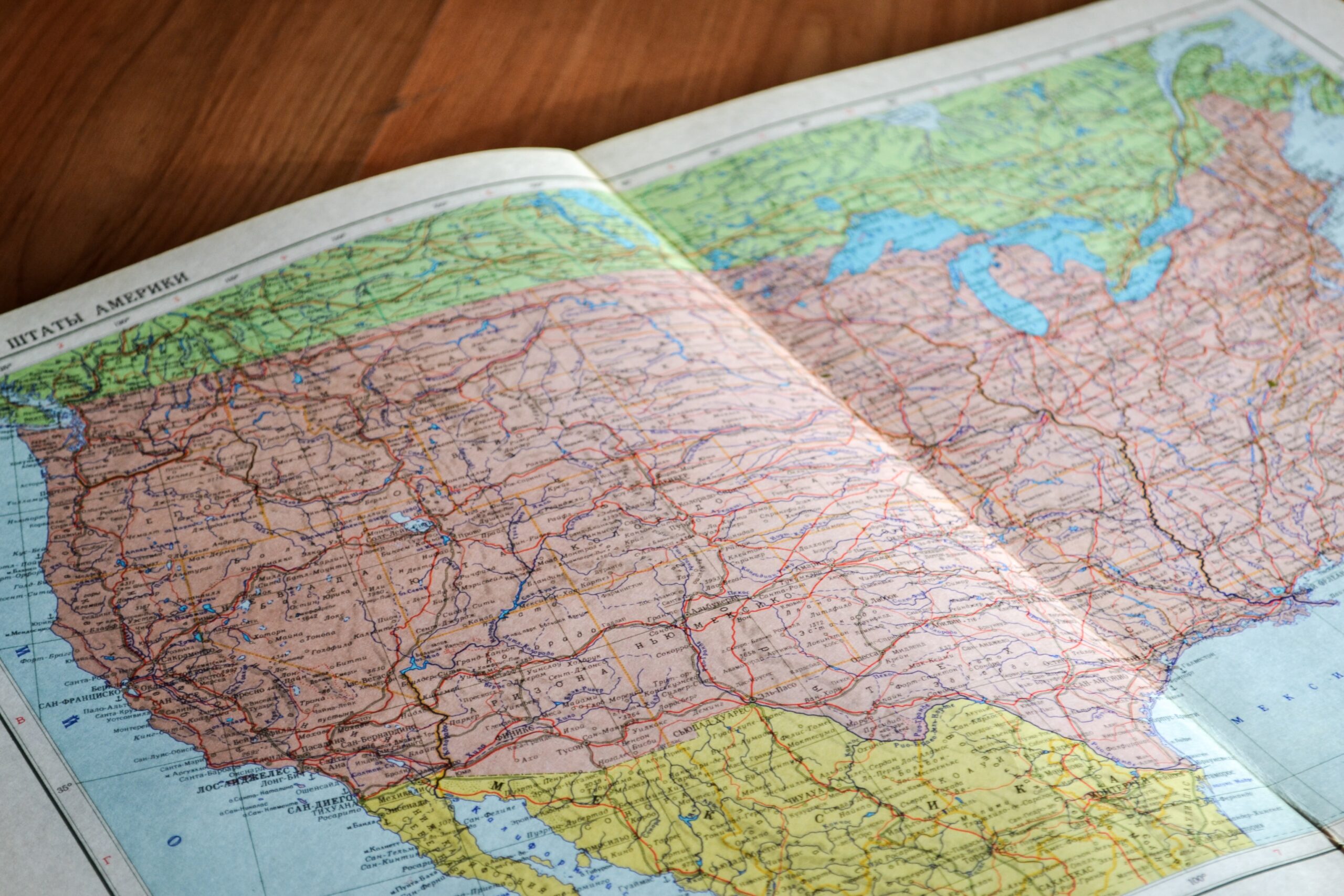
 Las Vegas is a sure thing (so to speak). Chicago is a favorite. Orlando is magic. And, New York… New York is so good they named it twice.
Las Vegas is a sure thing (so to speak). Chicago is a favorite. Orlando is magic. And, New York… New York is so good they named it twice.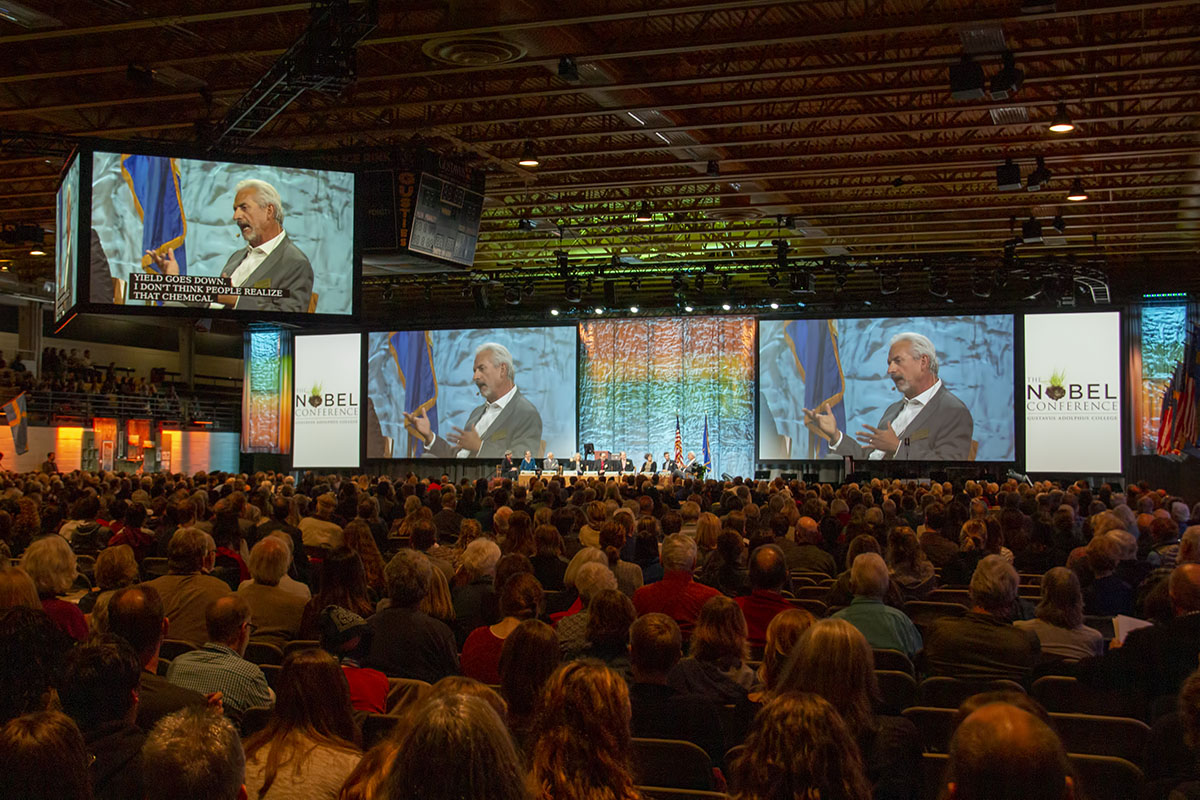
 Once the holidays are over and everyone’s back in the office, you may think your employees are partied-out. But, no! Kicking off the new year with a kickass corporate event is the perfect way to keep the happy holiday spirit rolling as everyone re-focuses on the work at hand. Throw the right event, and you can reinforce their renewed sense of motivation and look forward to a successful business year.
Once the holidays are over and everyone’s back in the office, you may think your employees are partied-out. But, no! Kicking off the new year with a kickass corporate event is the perfect way to keep the happy holiday spirit rolling as everyone re-focuses on the work at hand. Throw the right event, and you can reinforce their renewed sense of motivation and look forward to a successful business year.